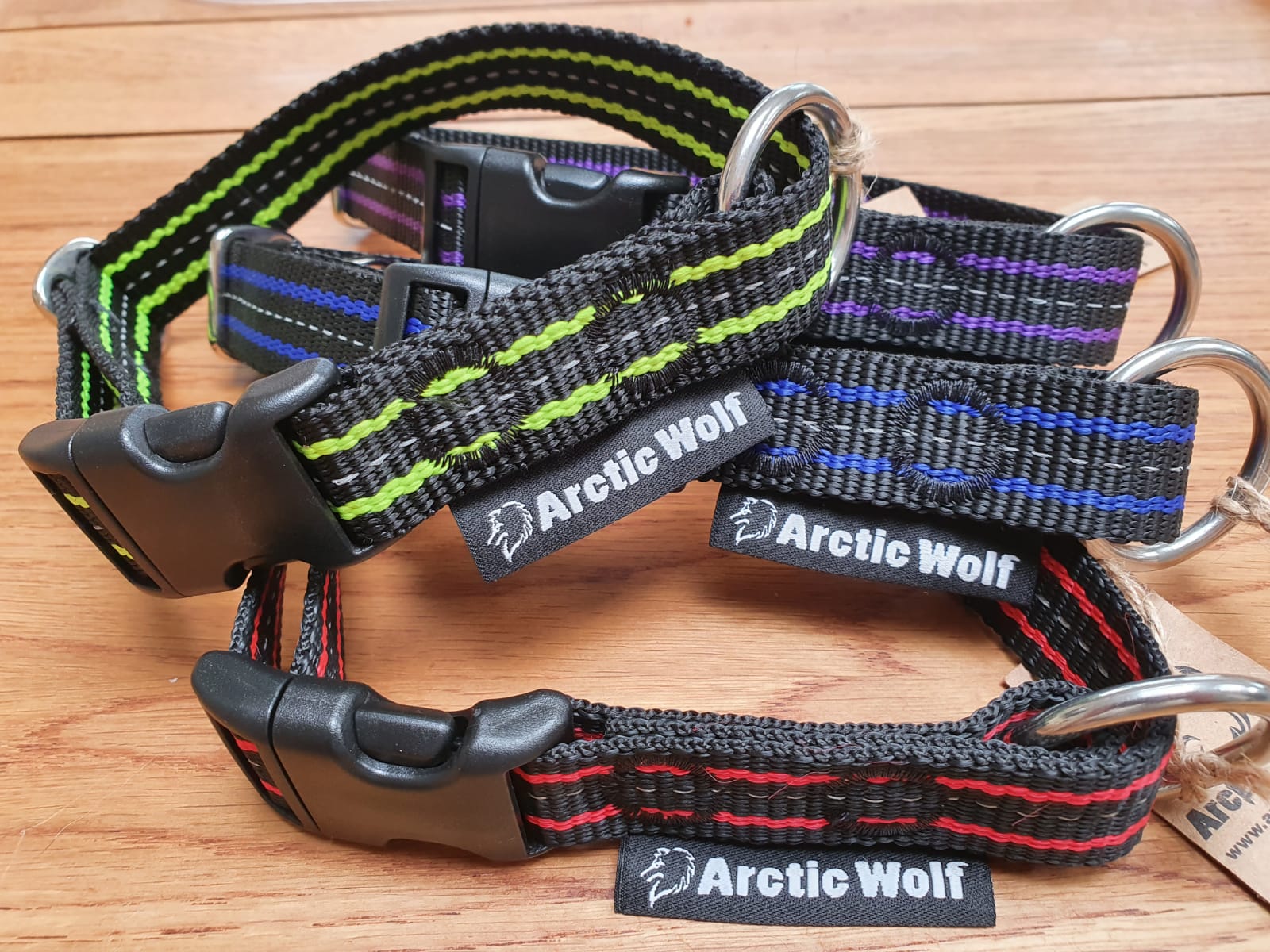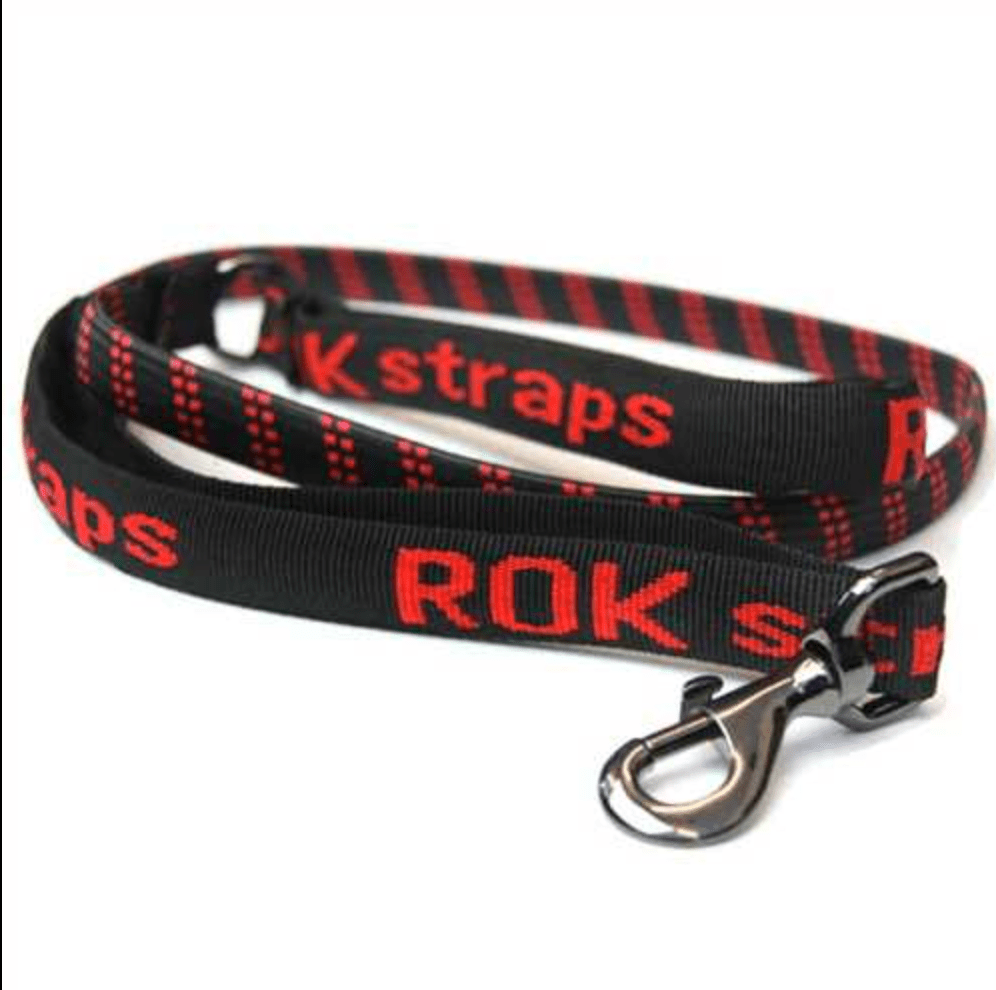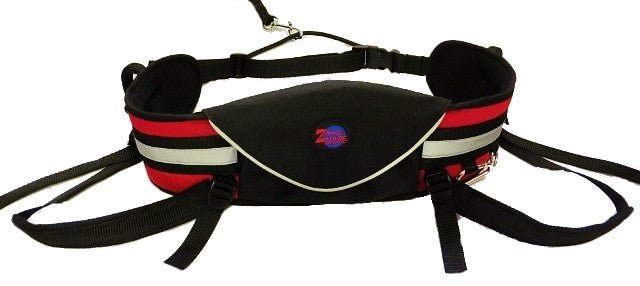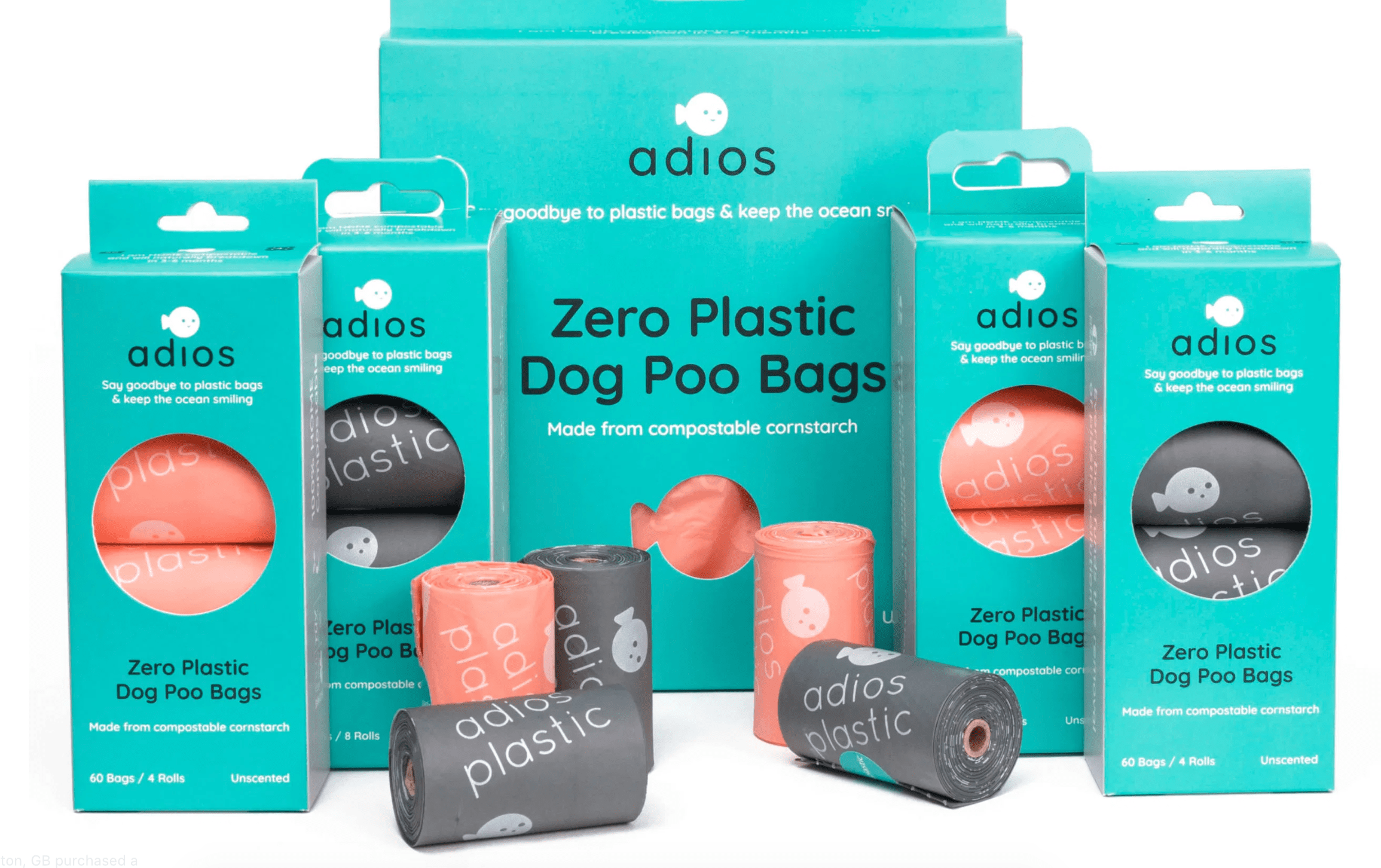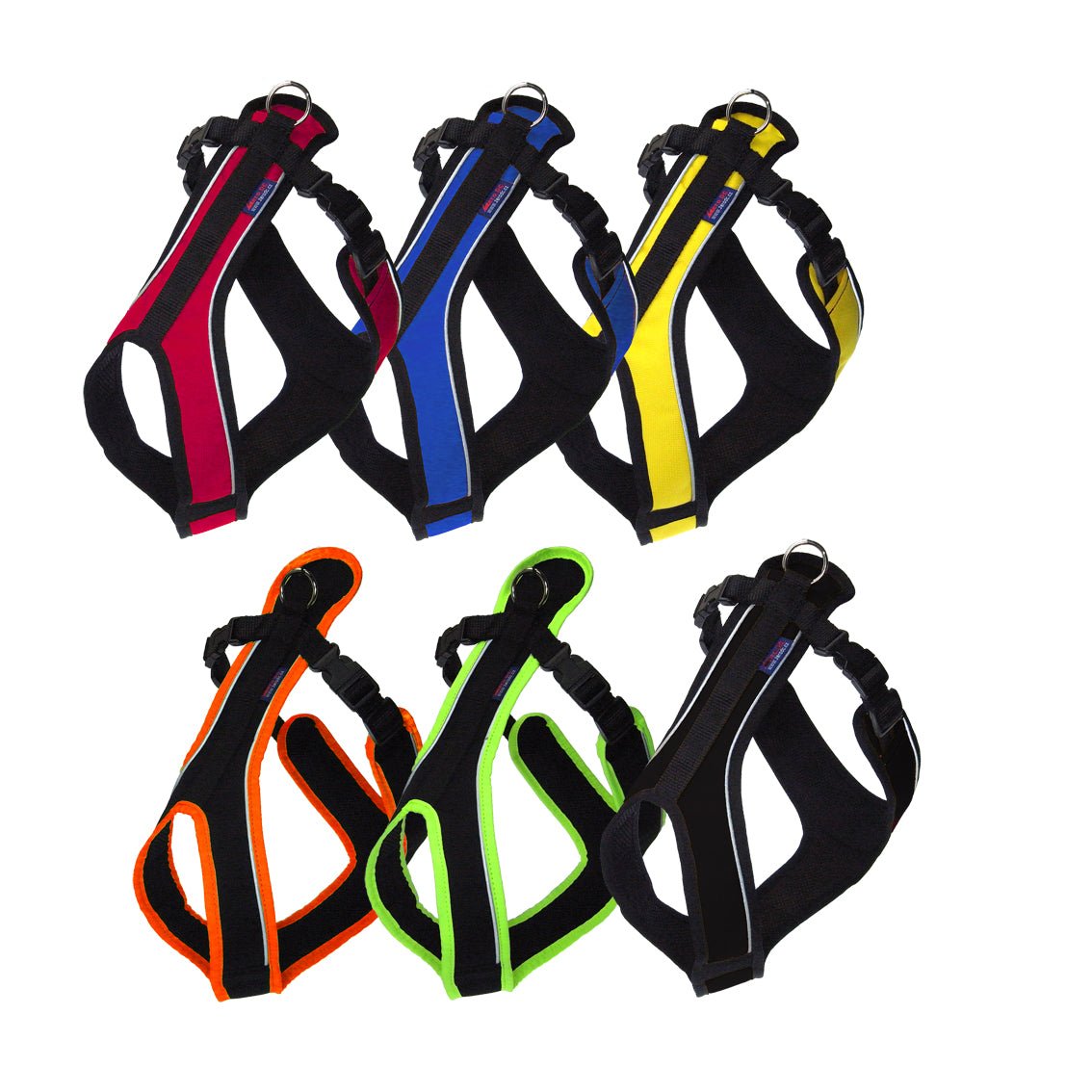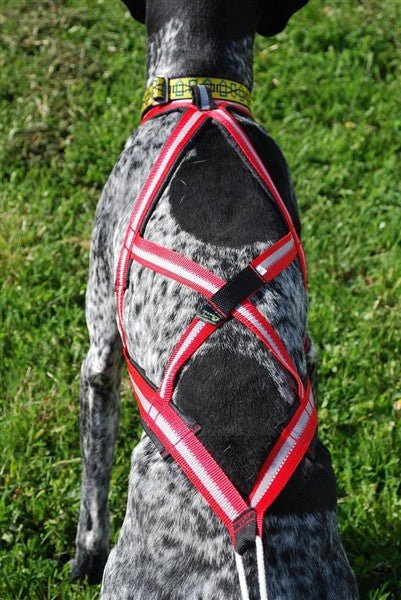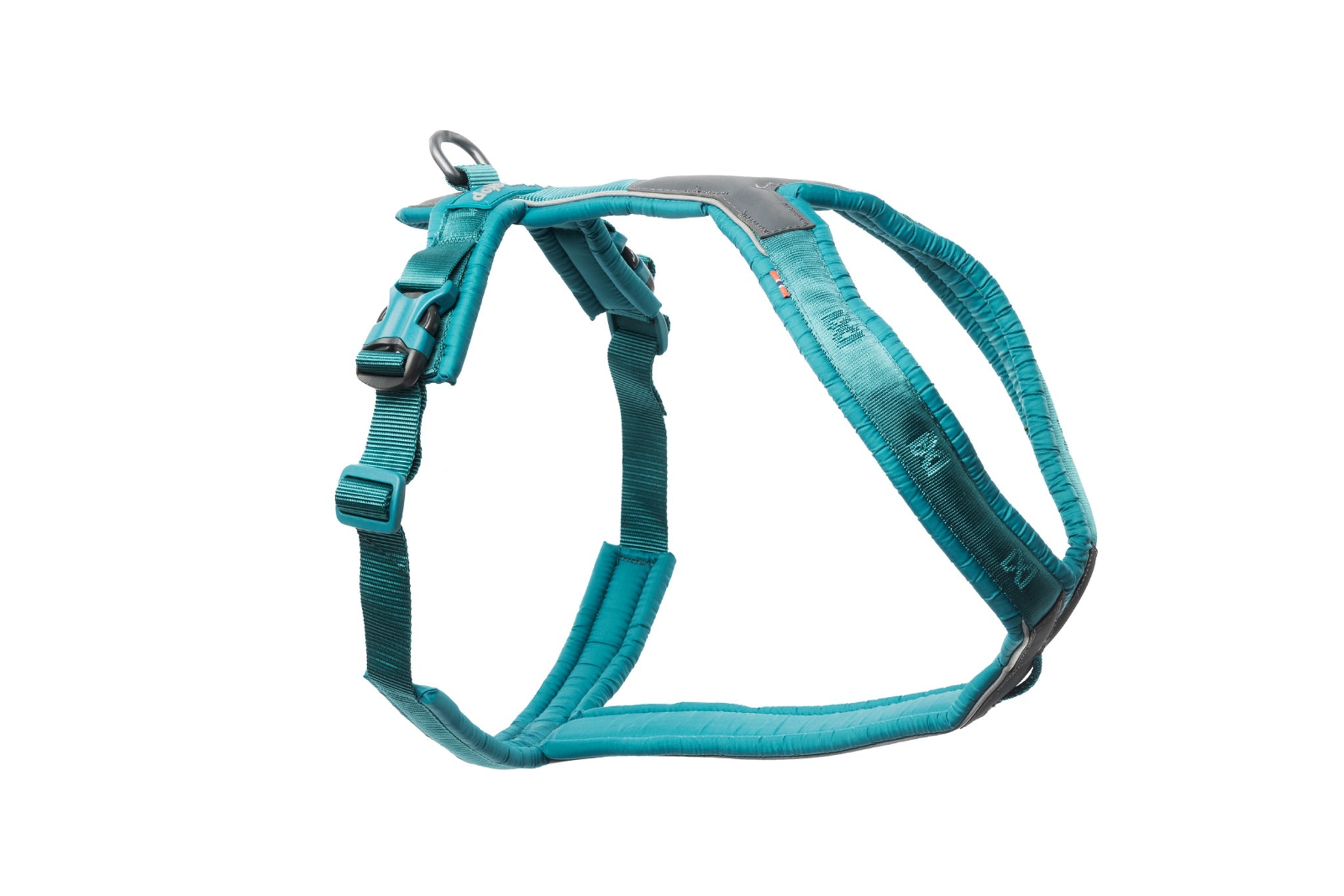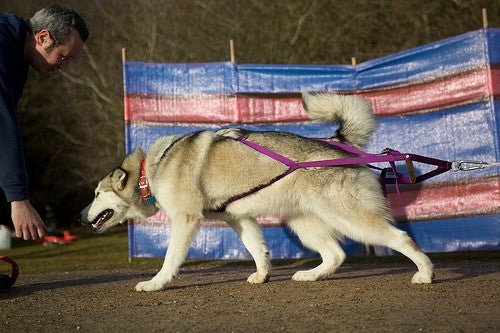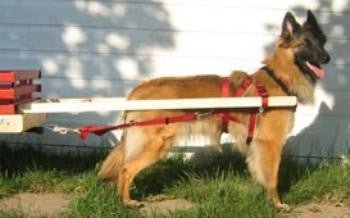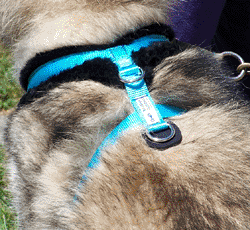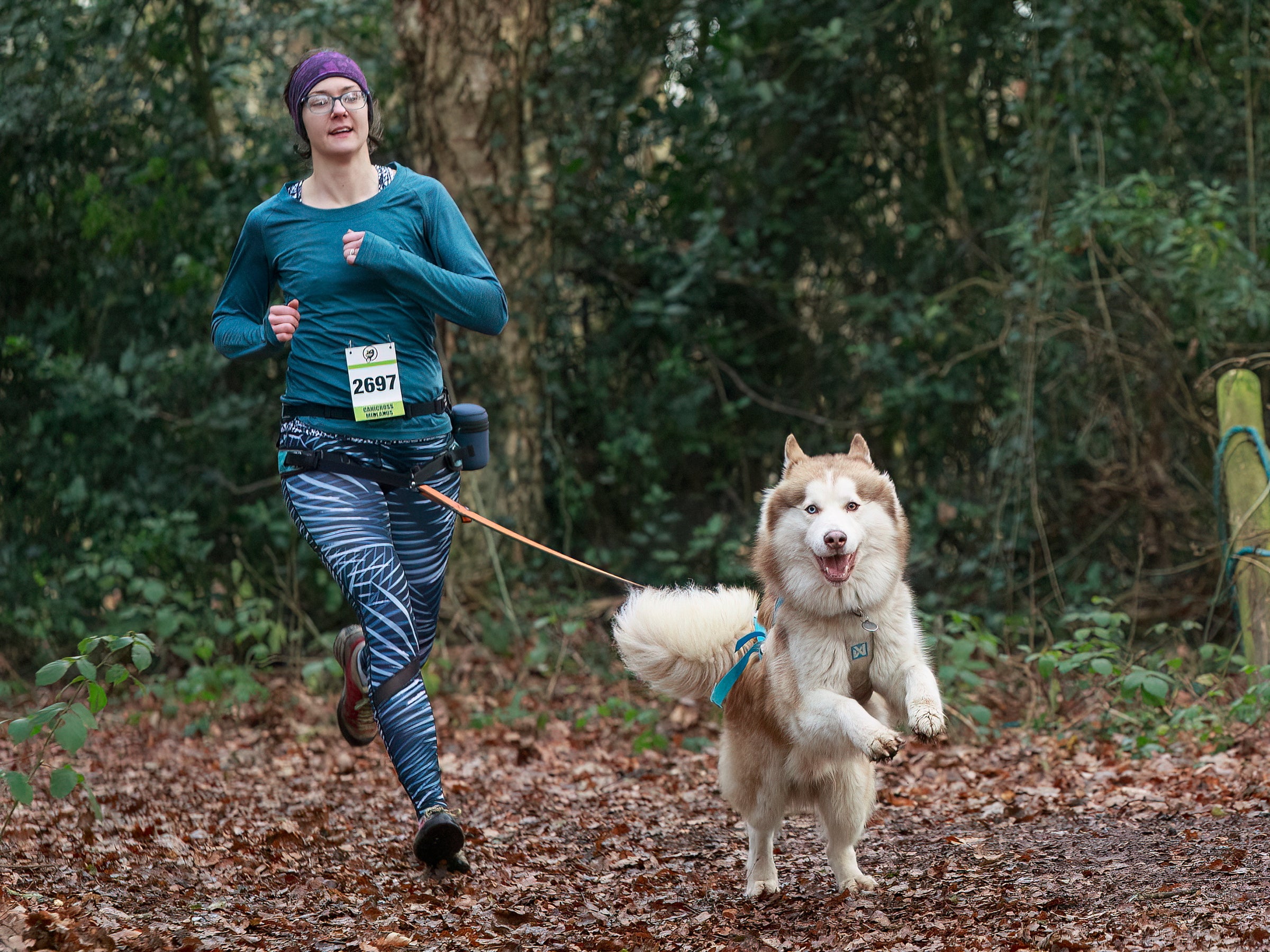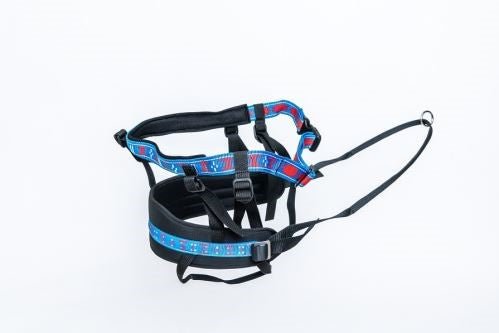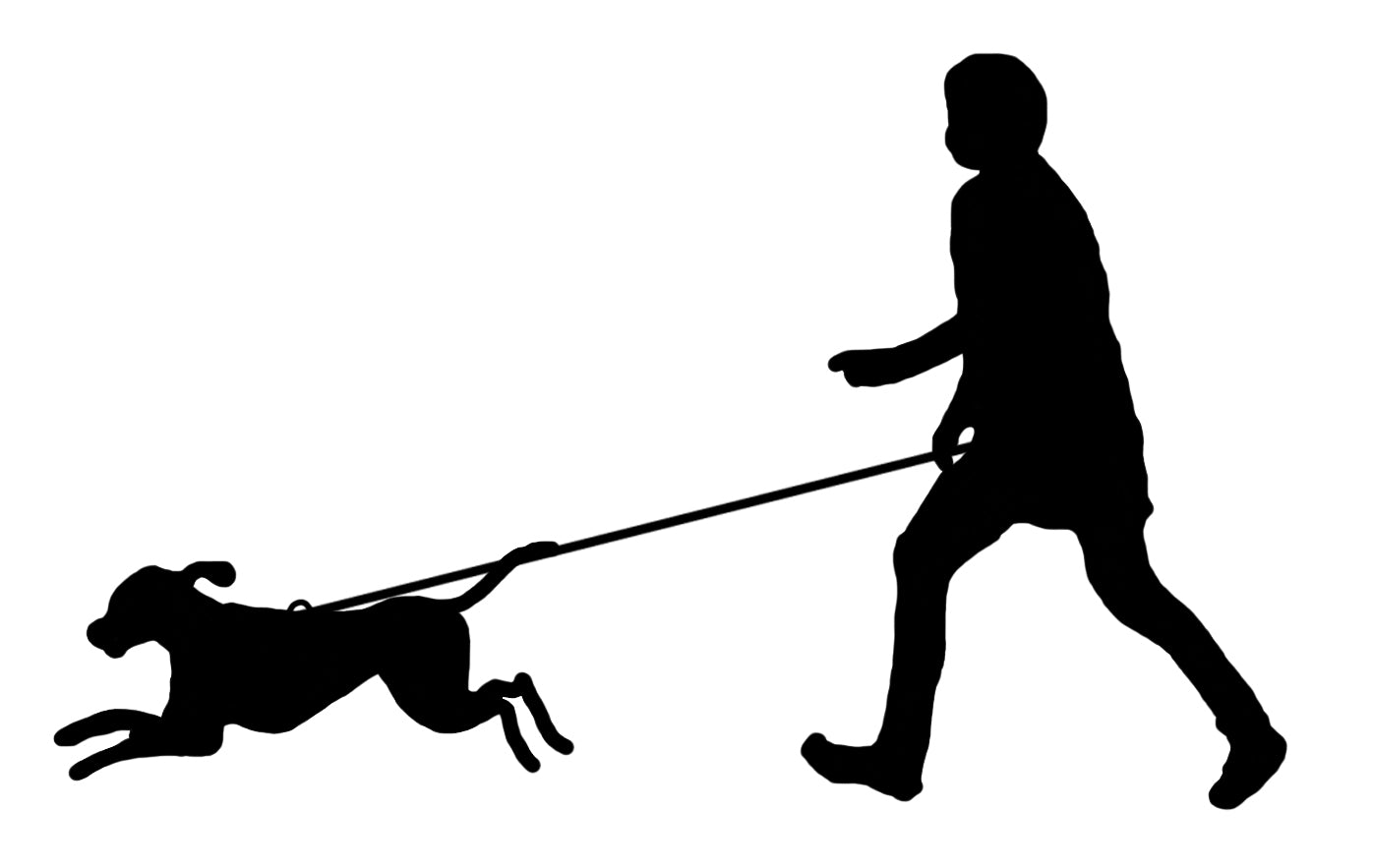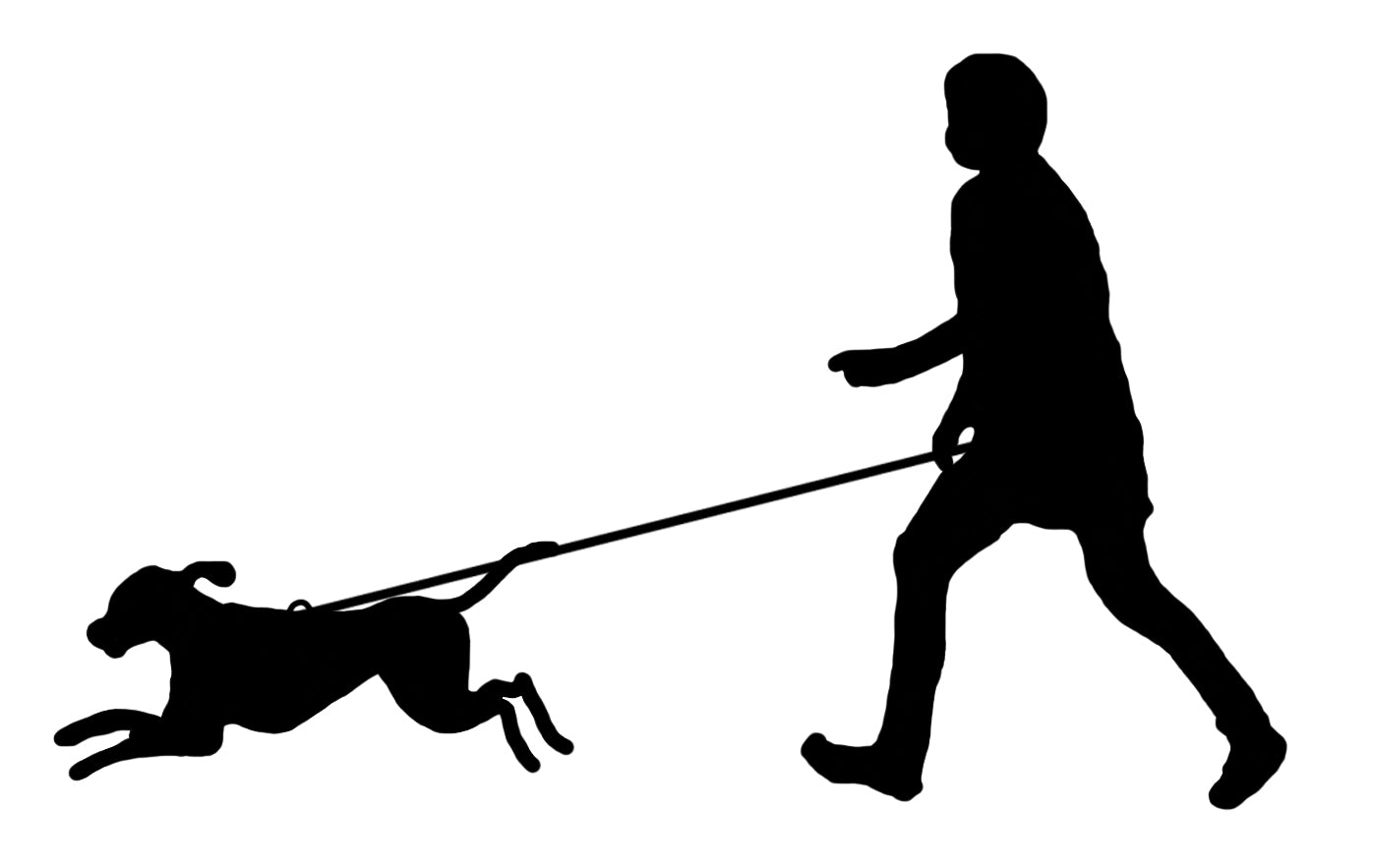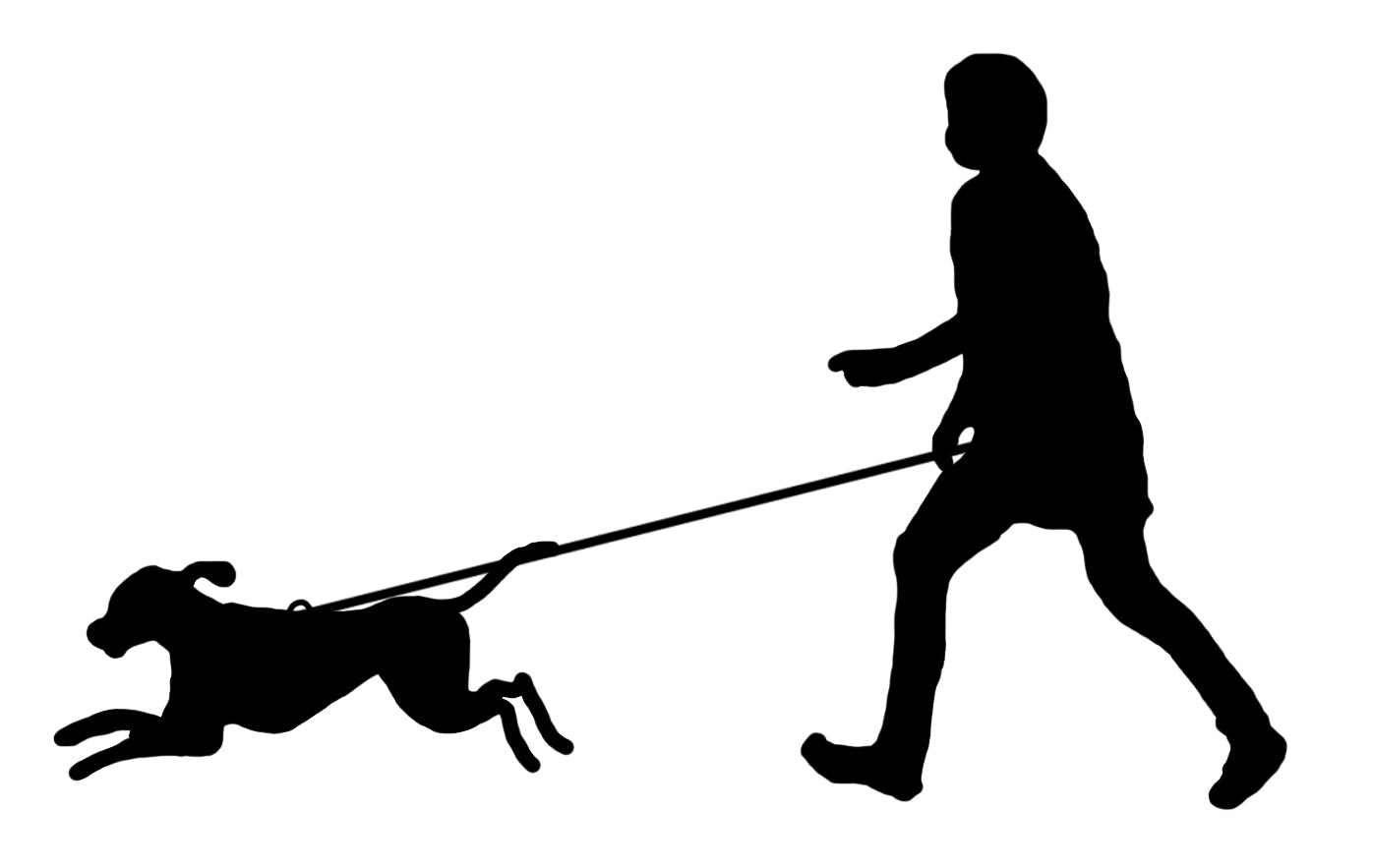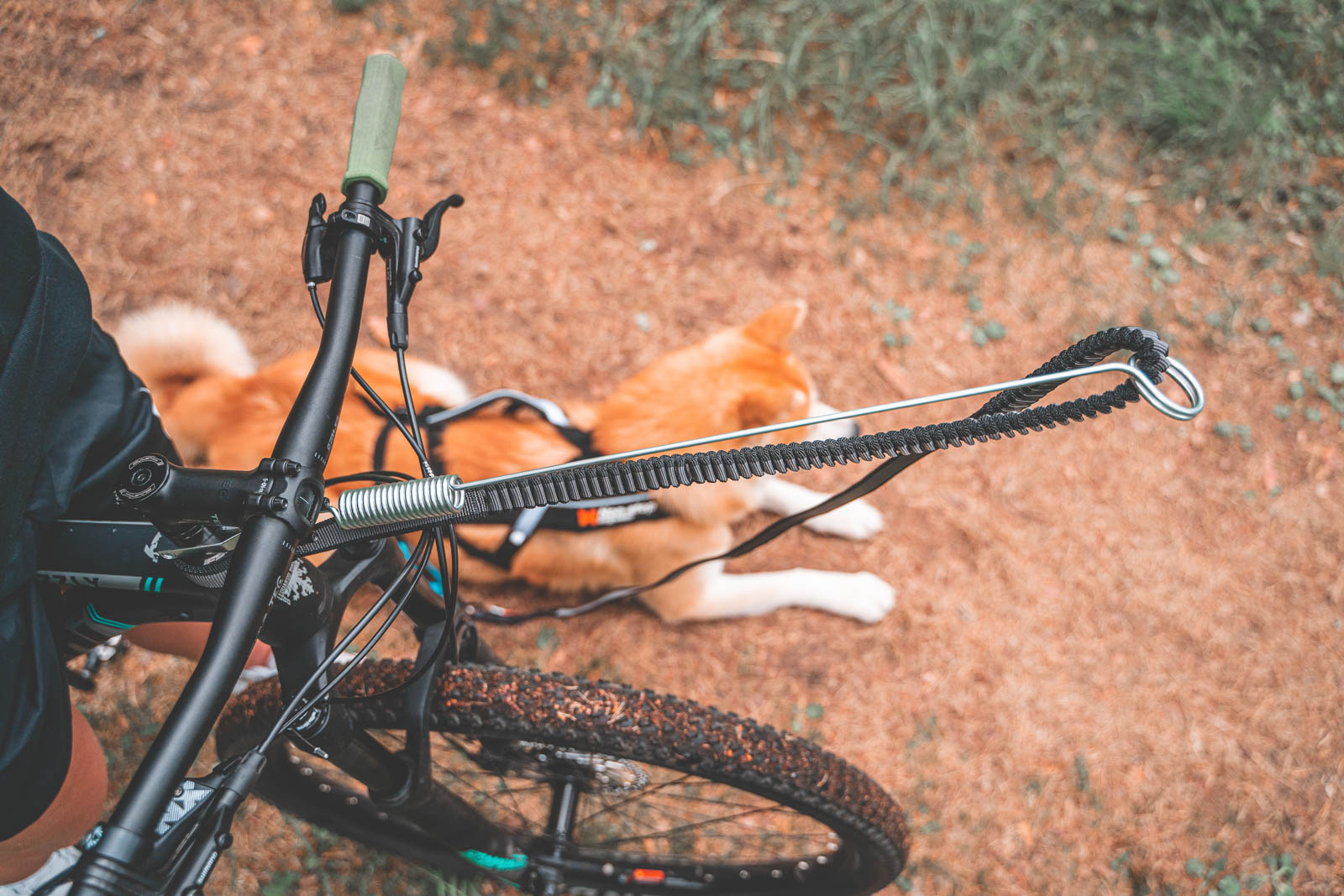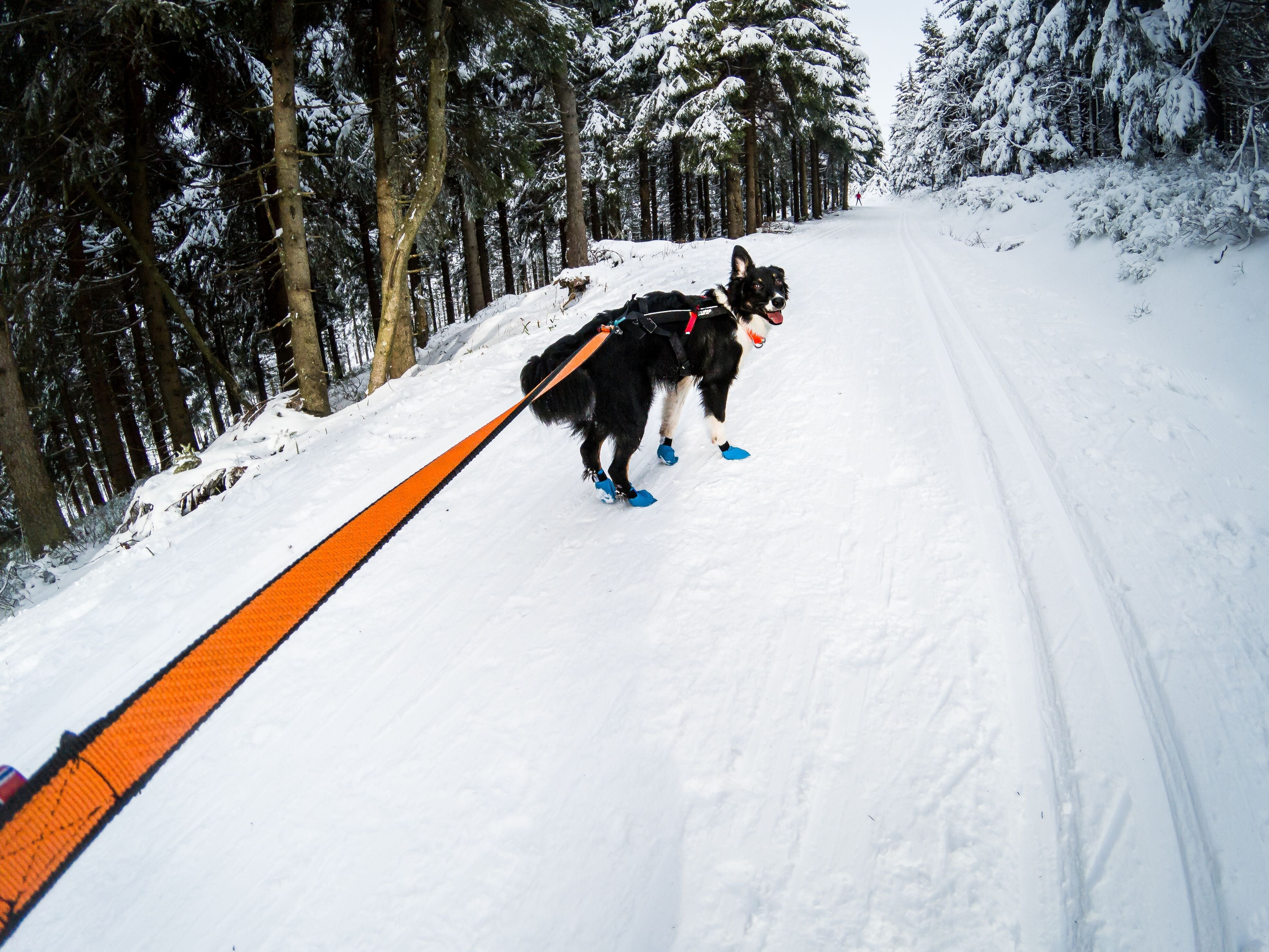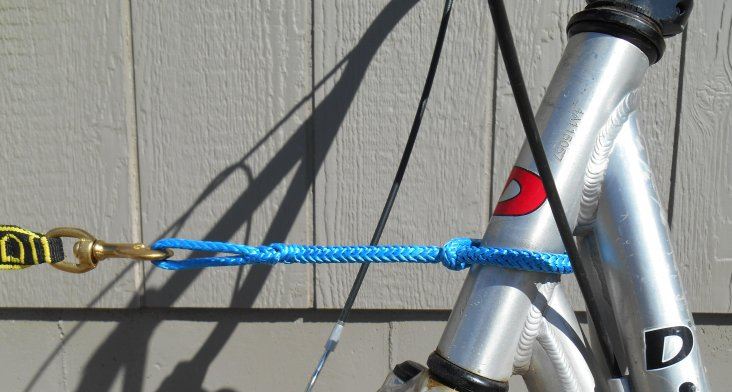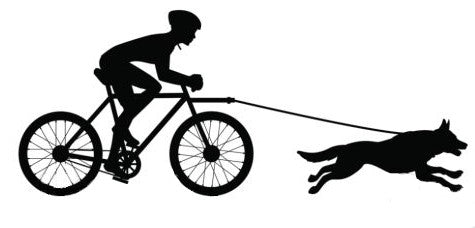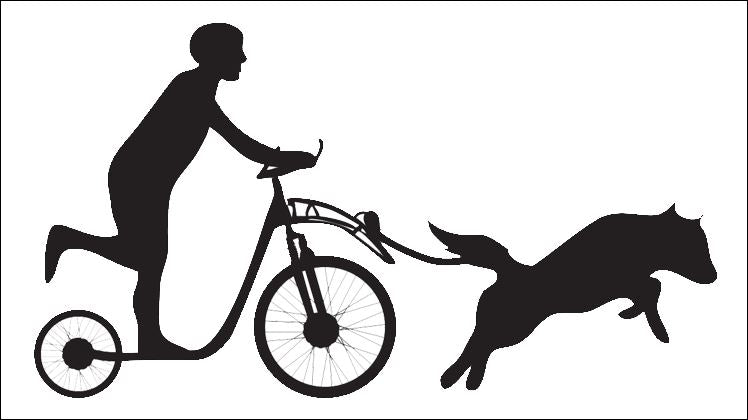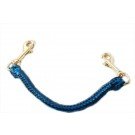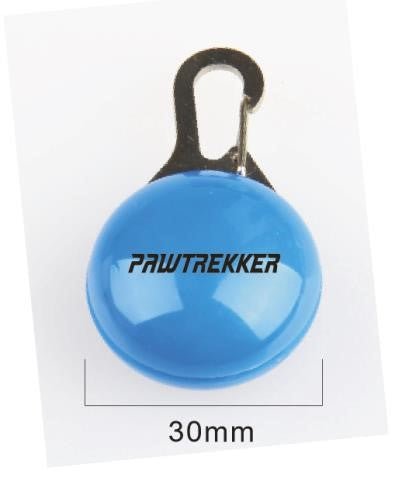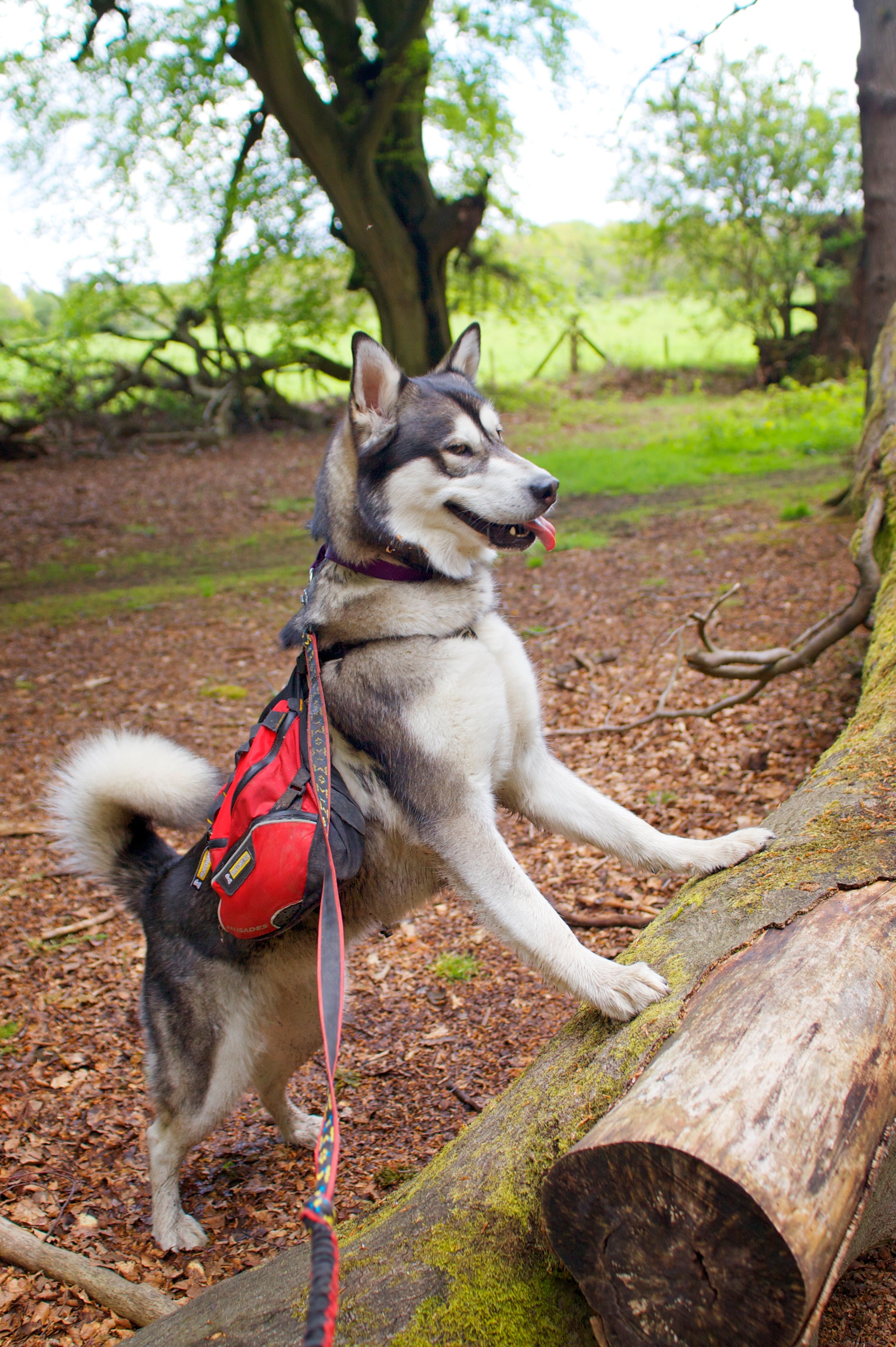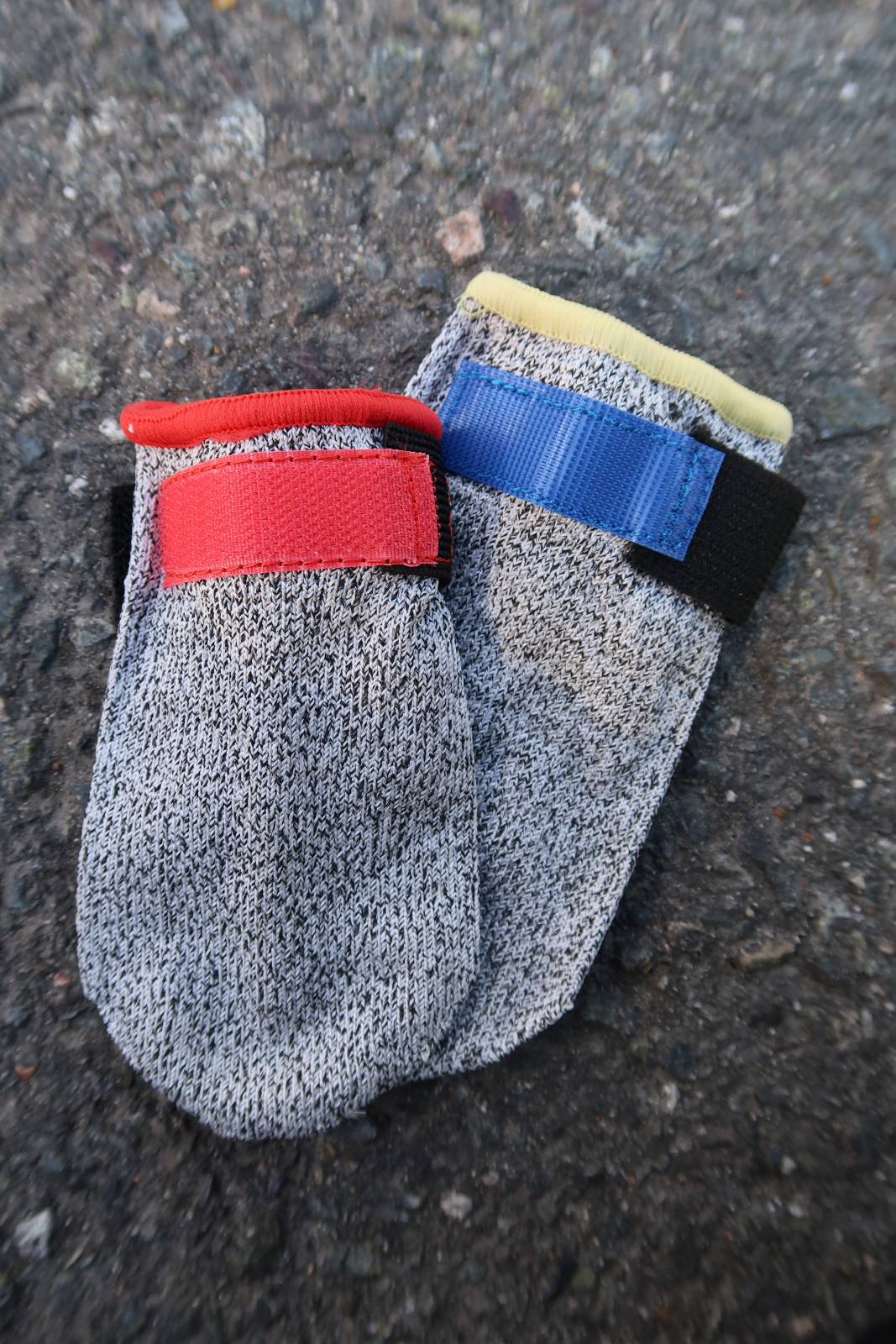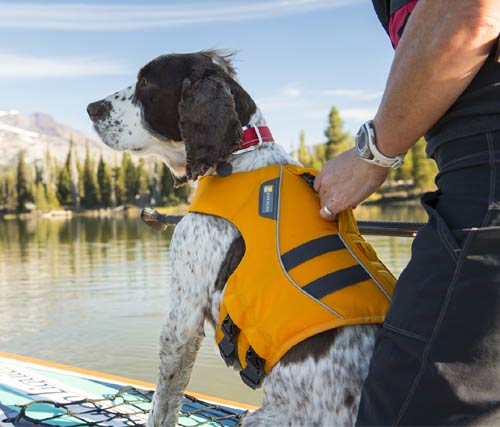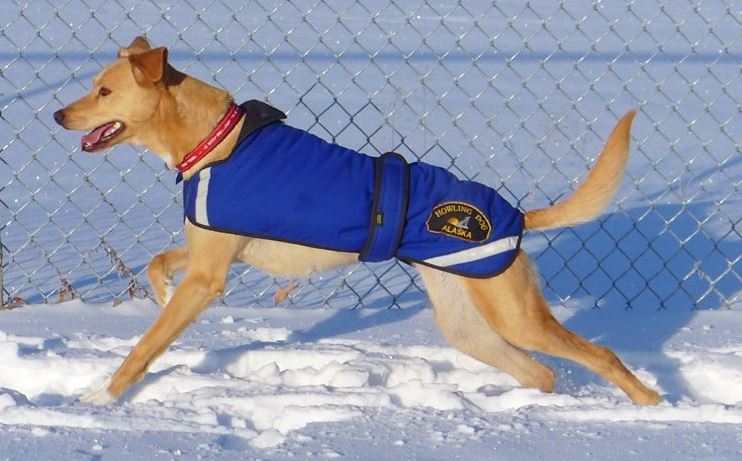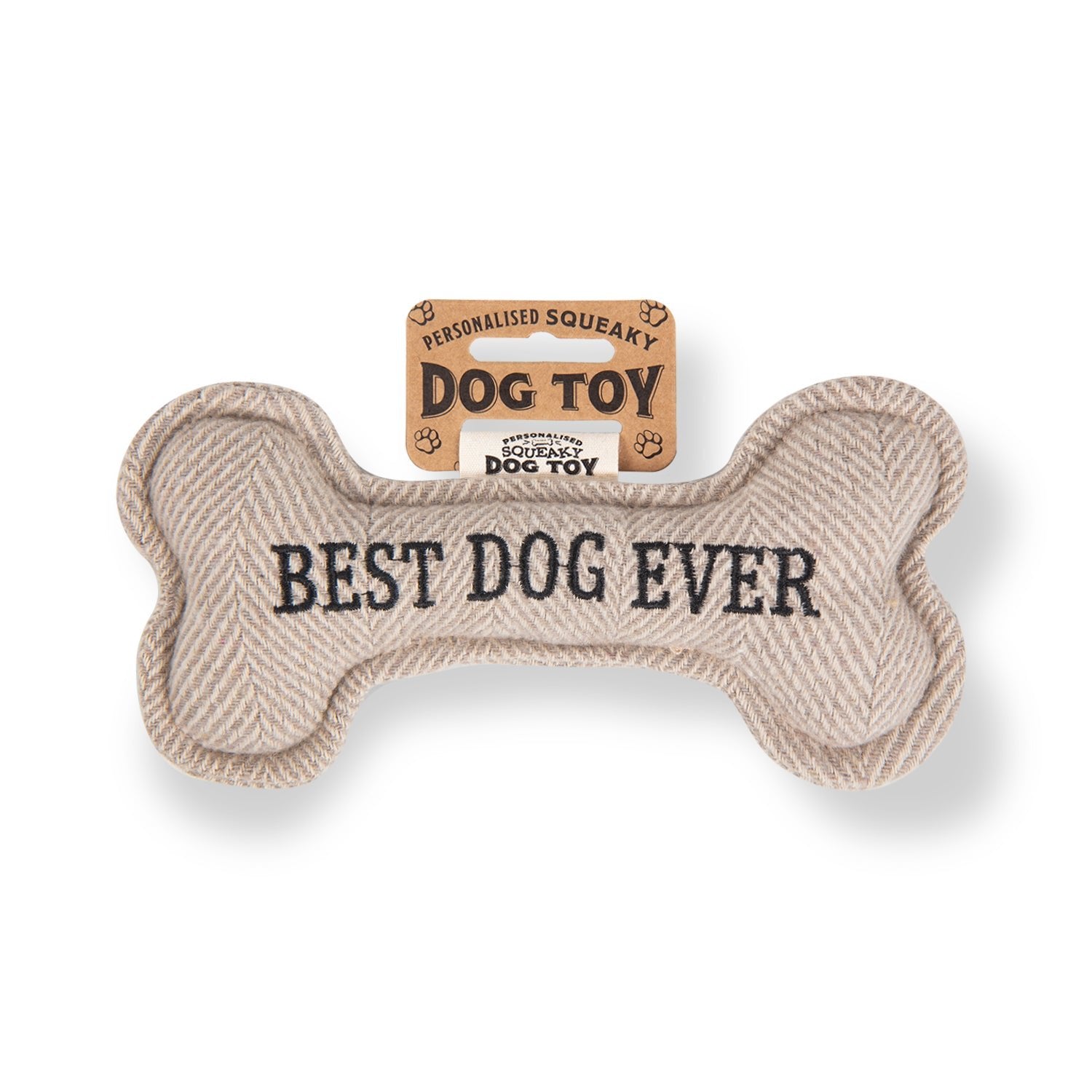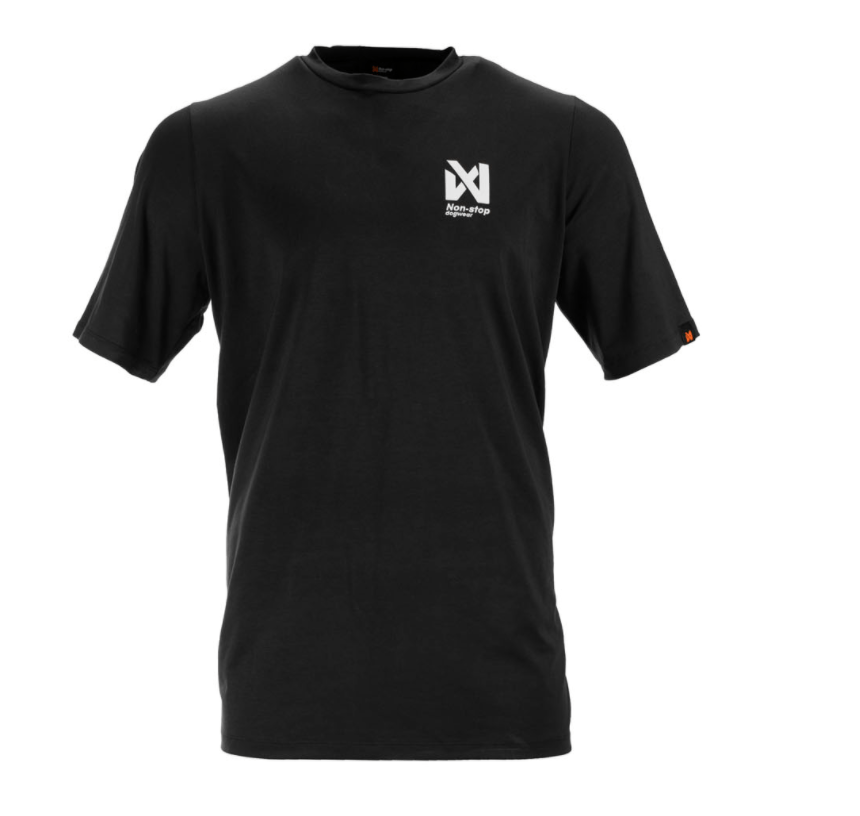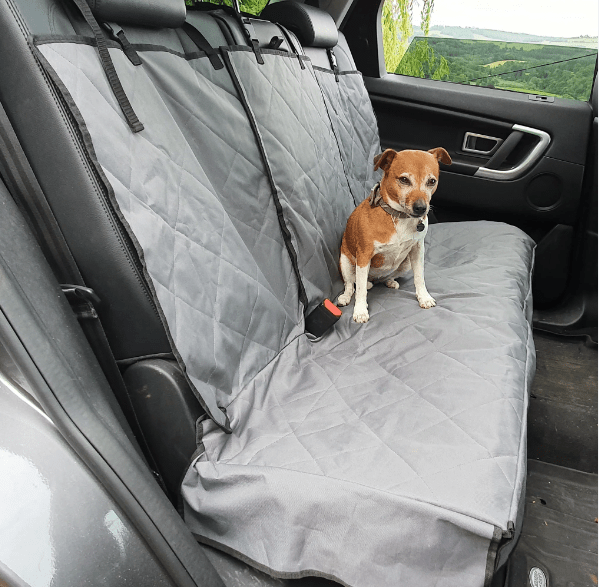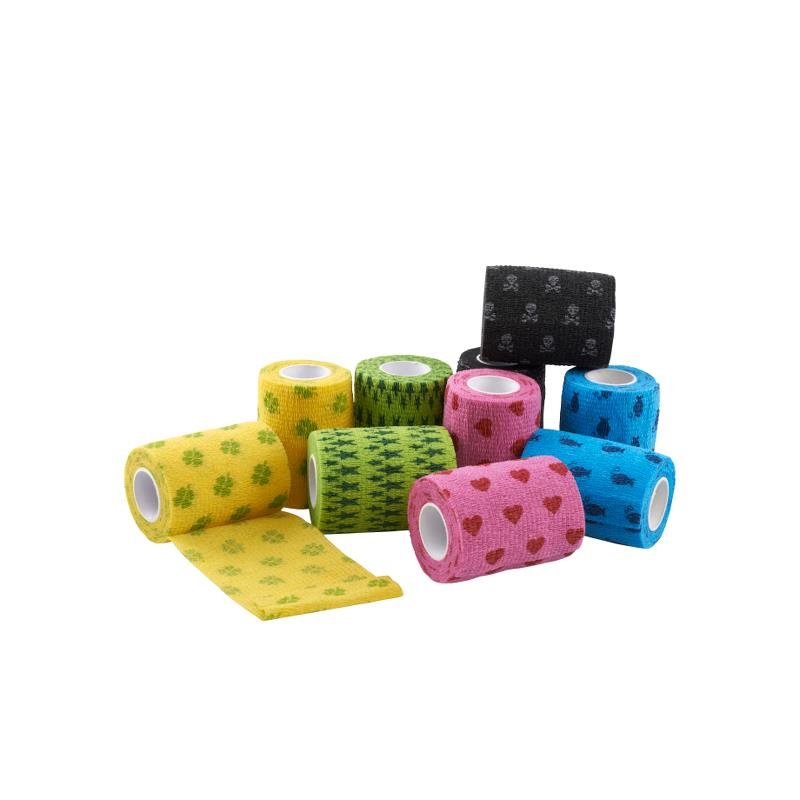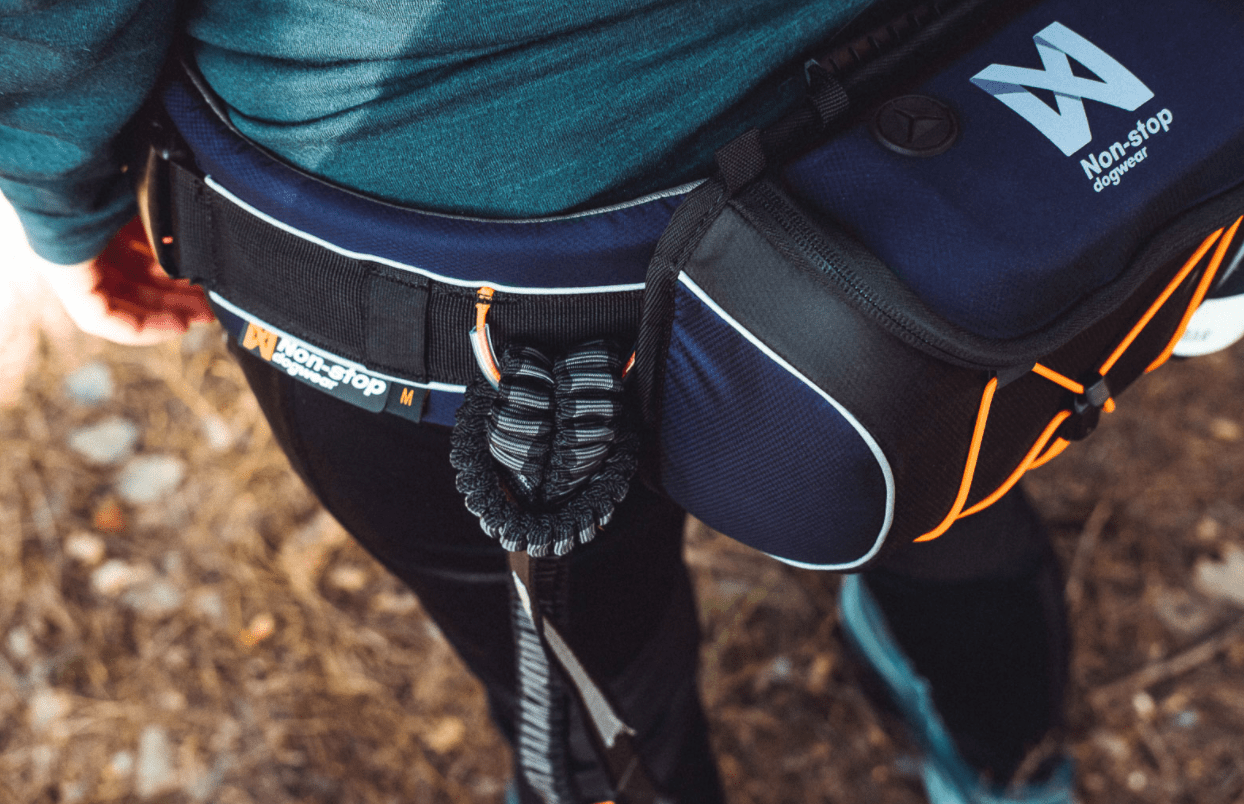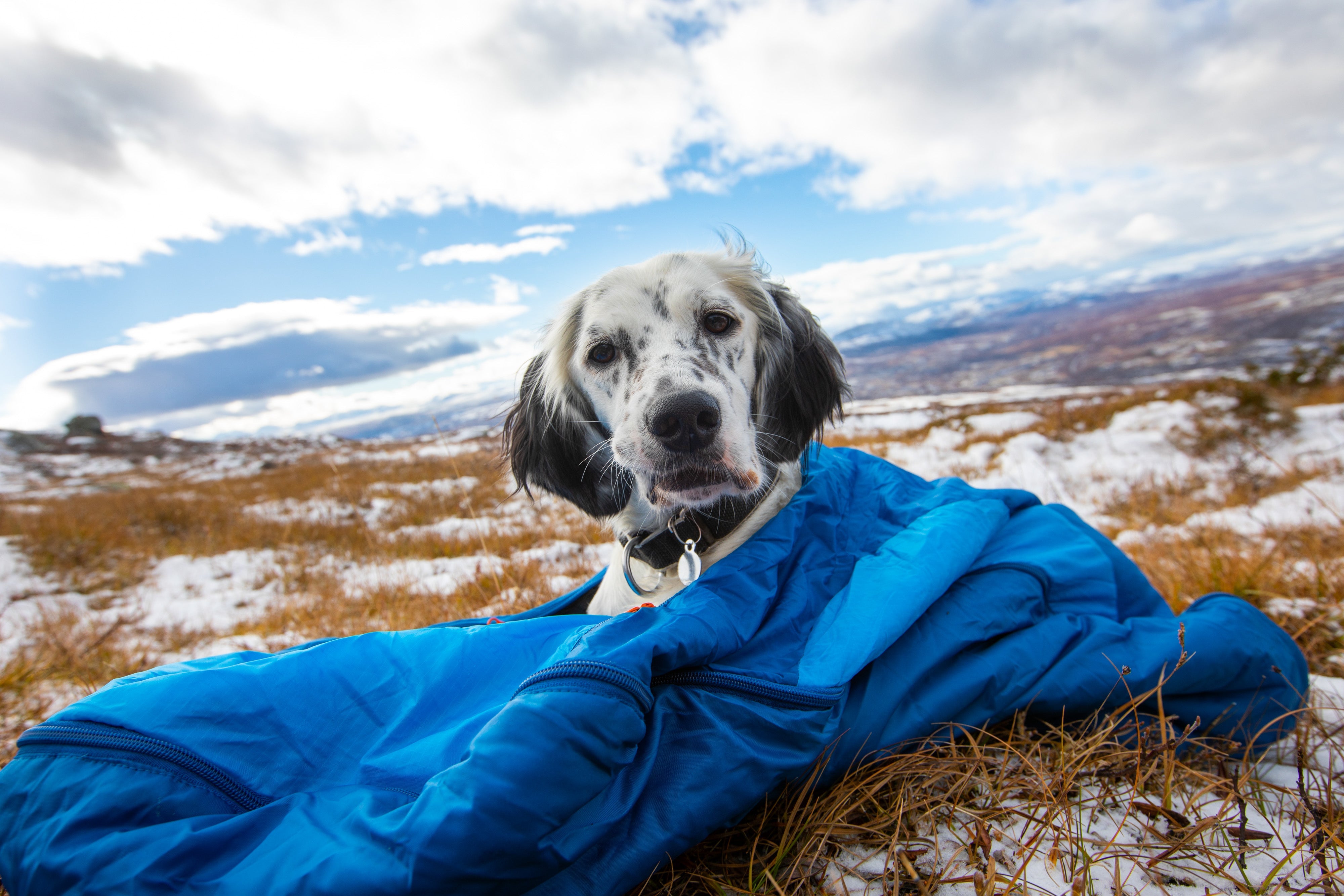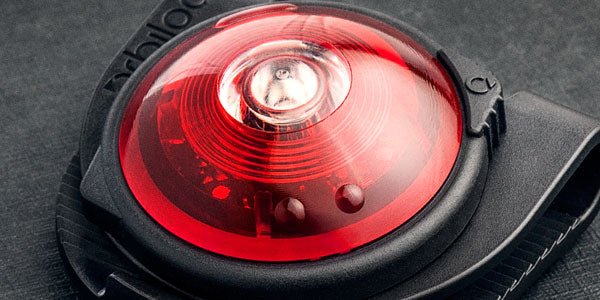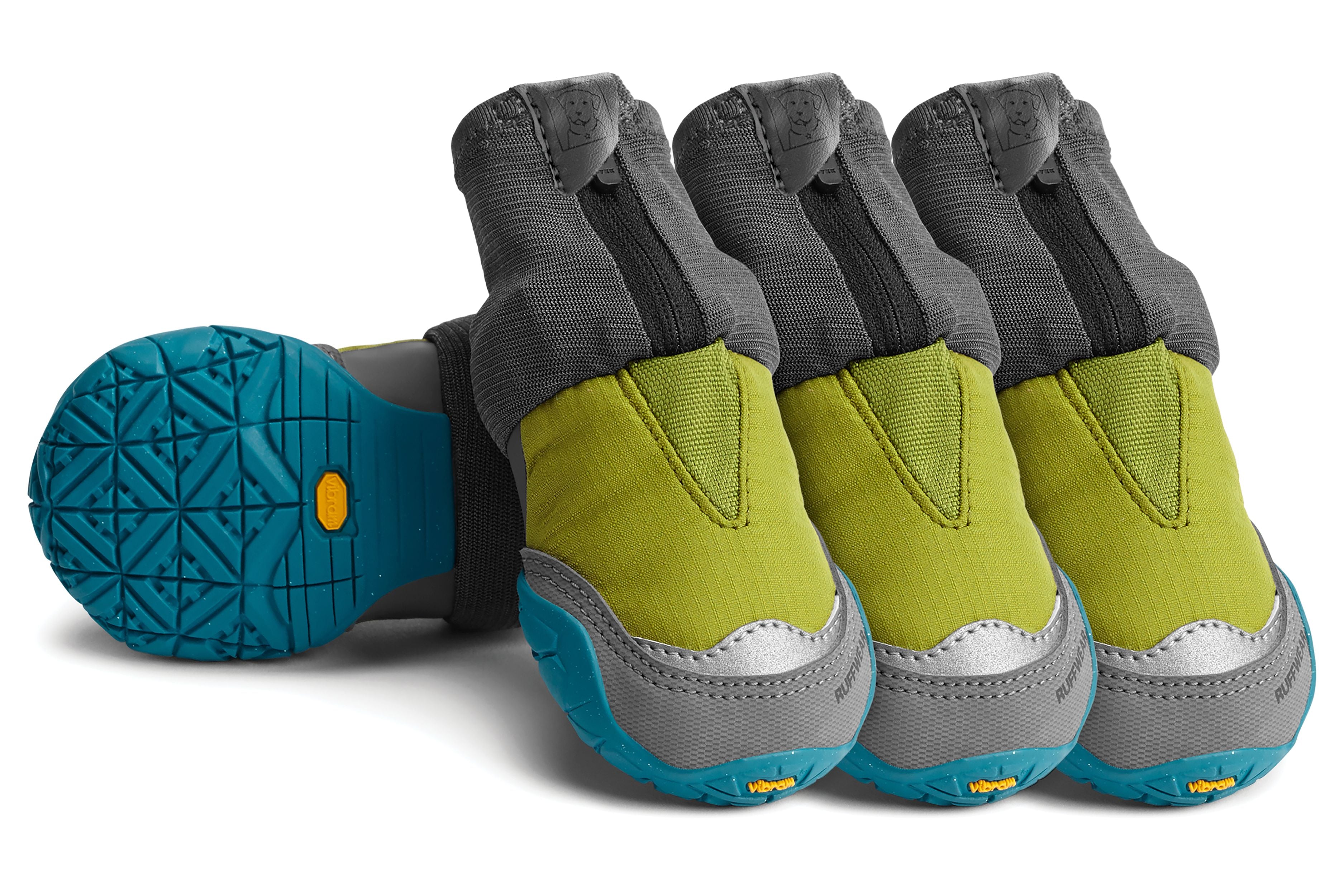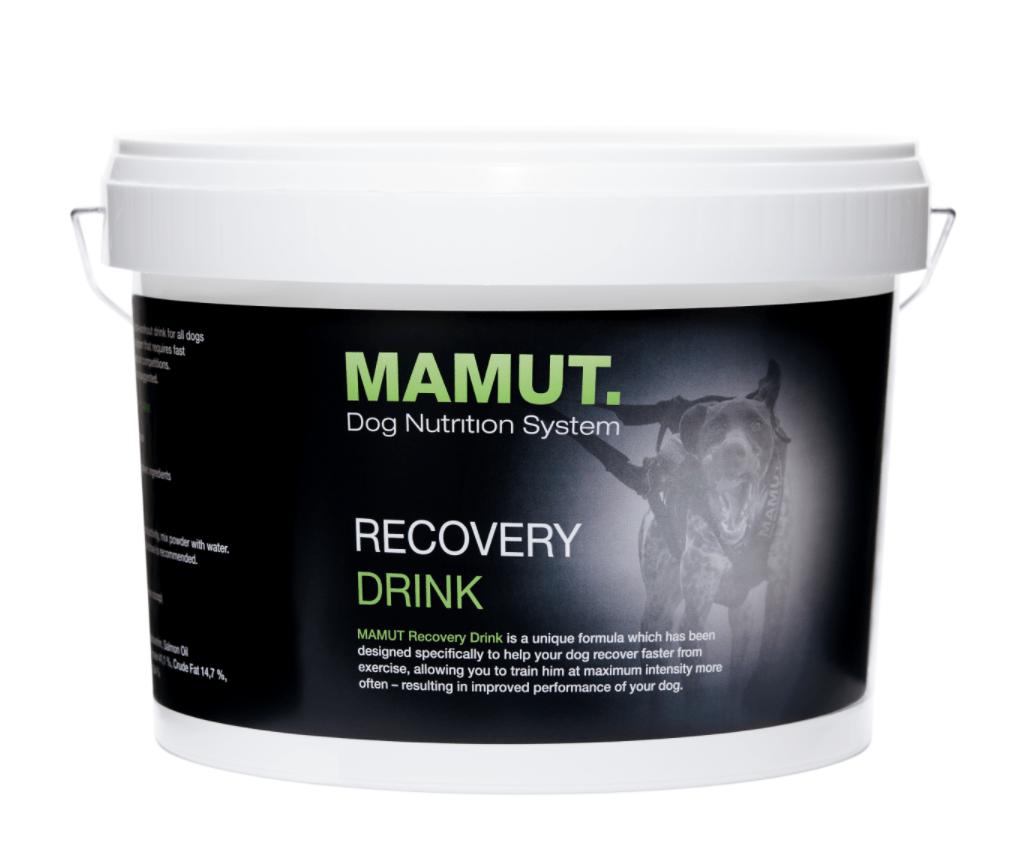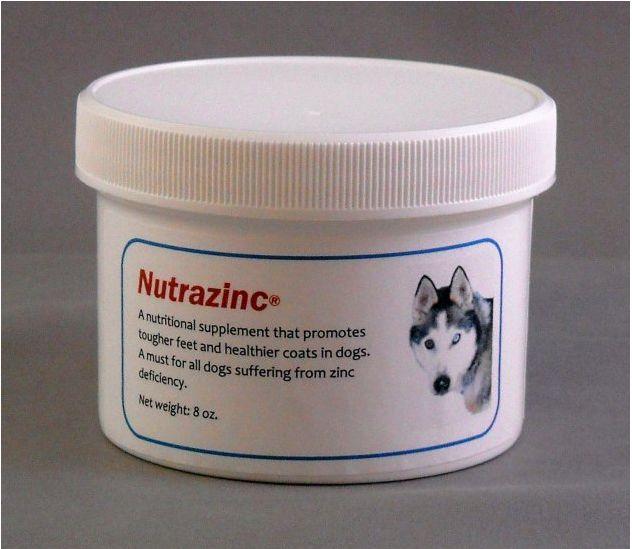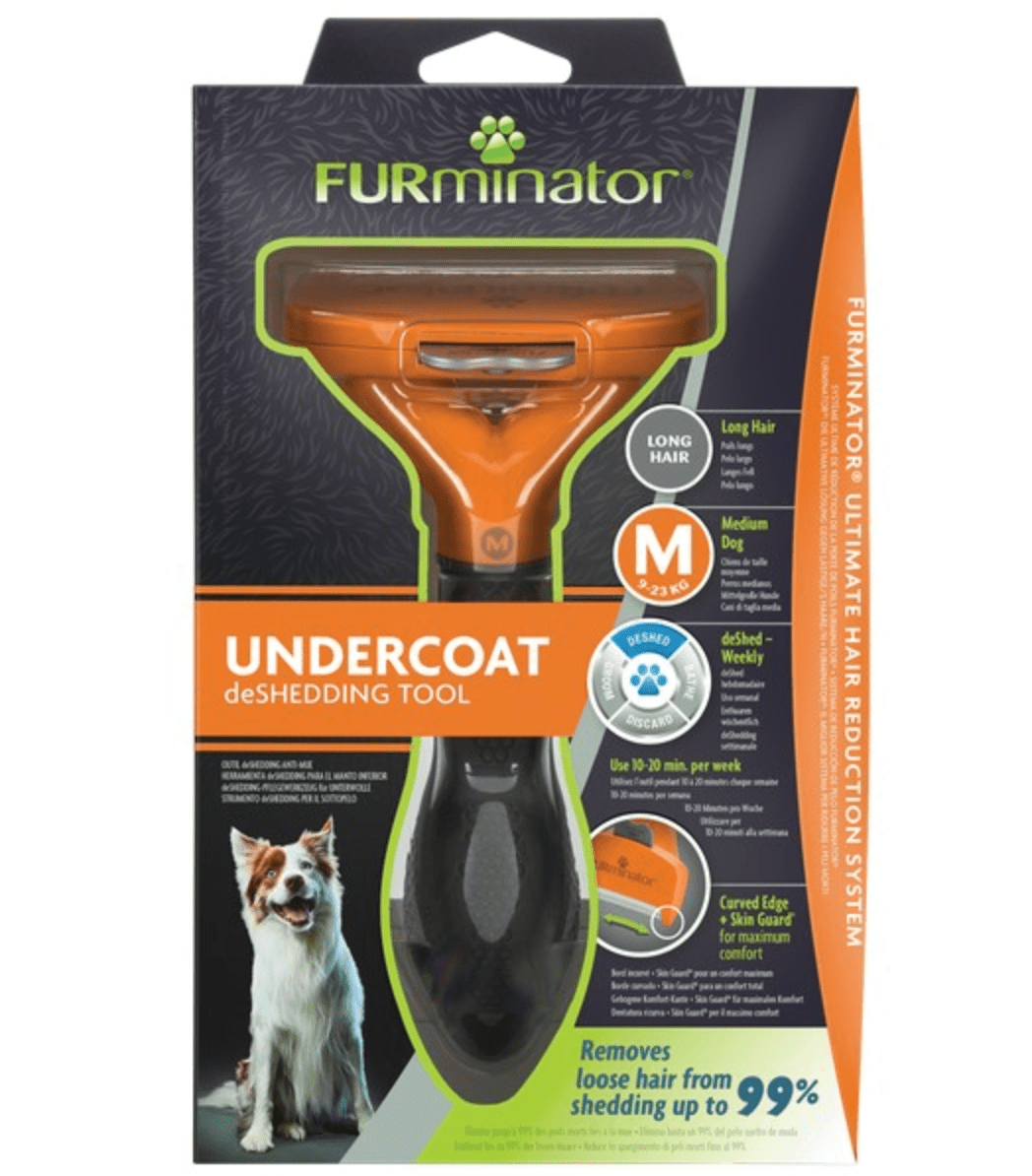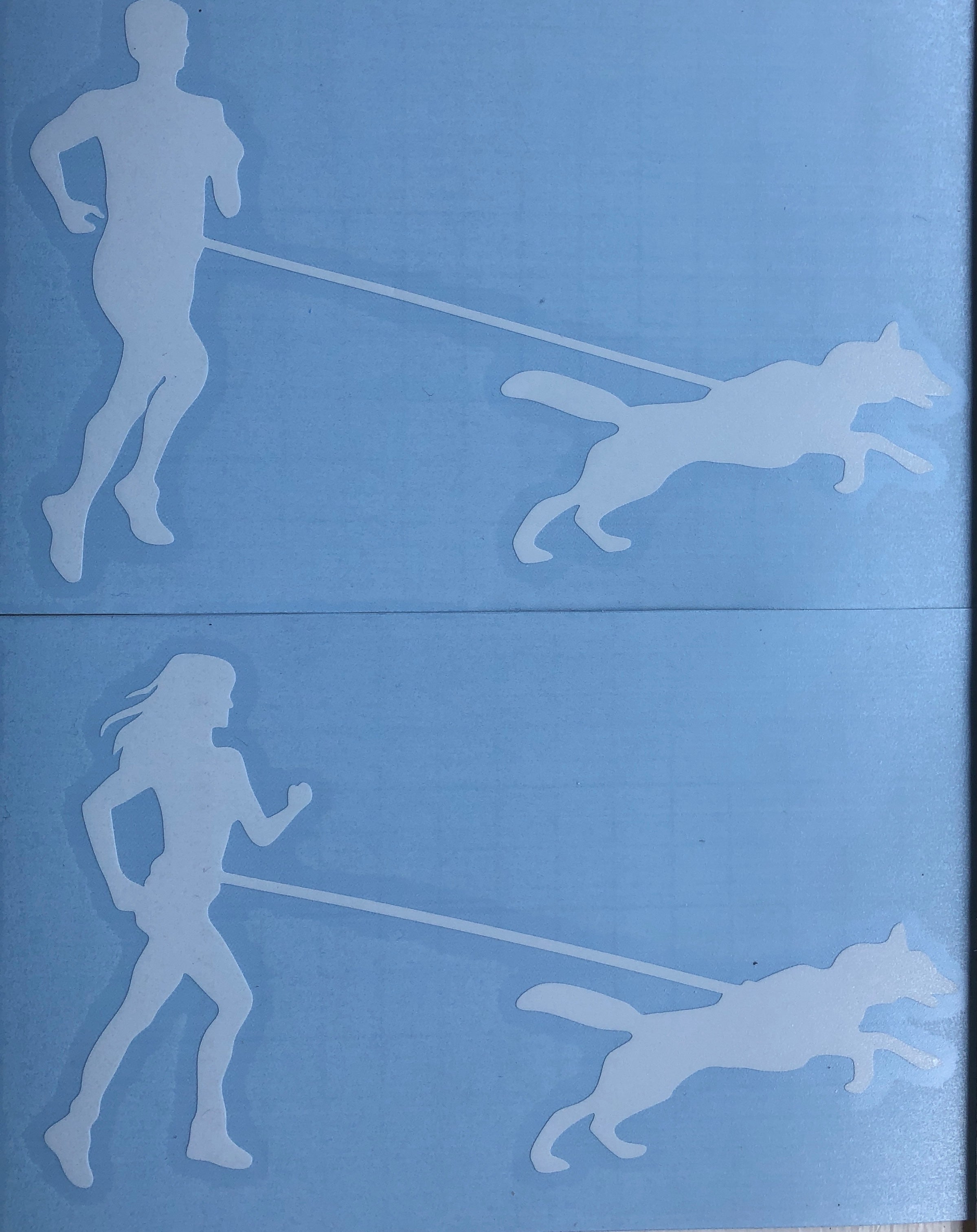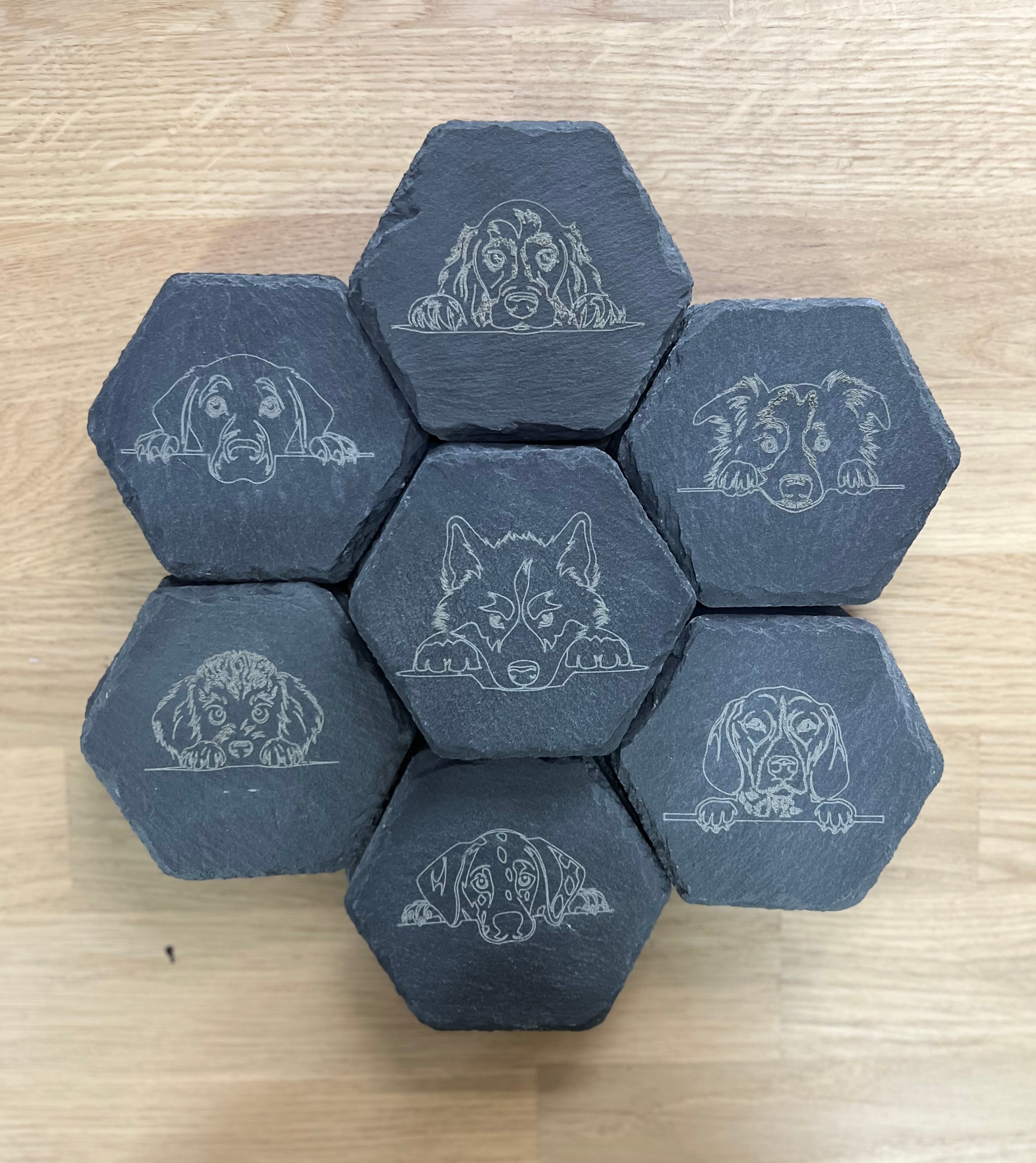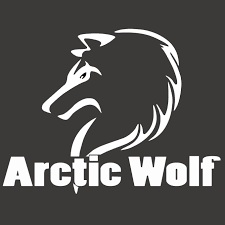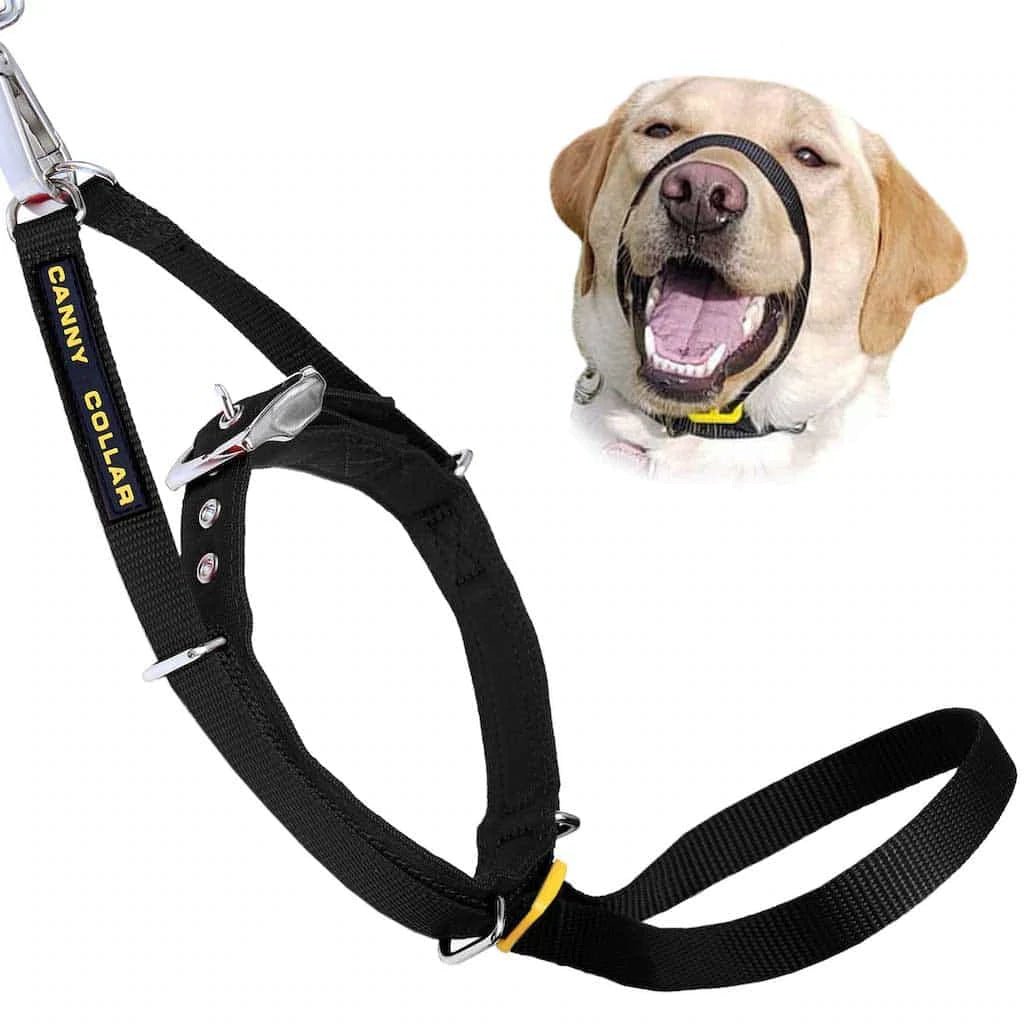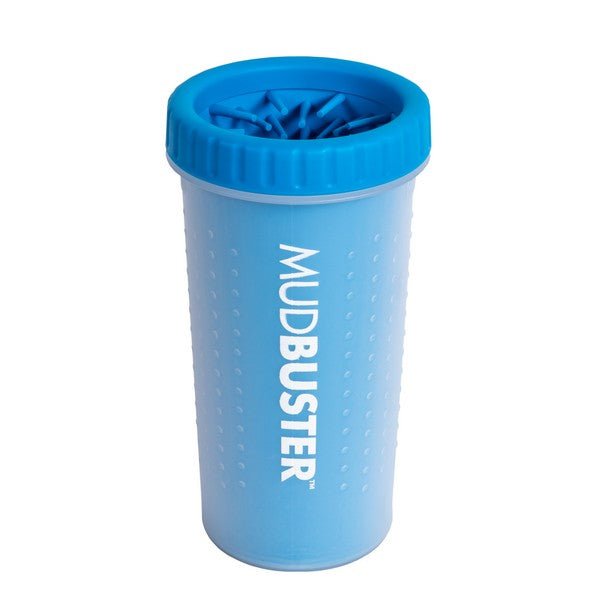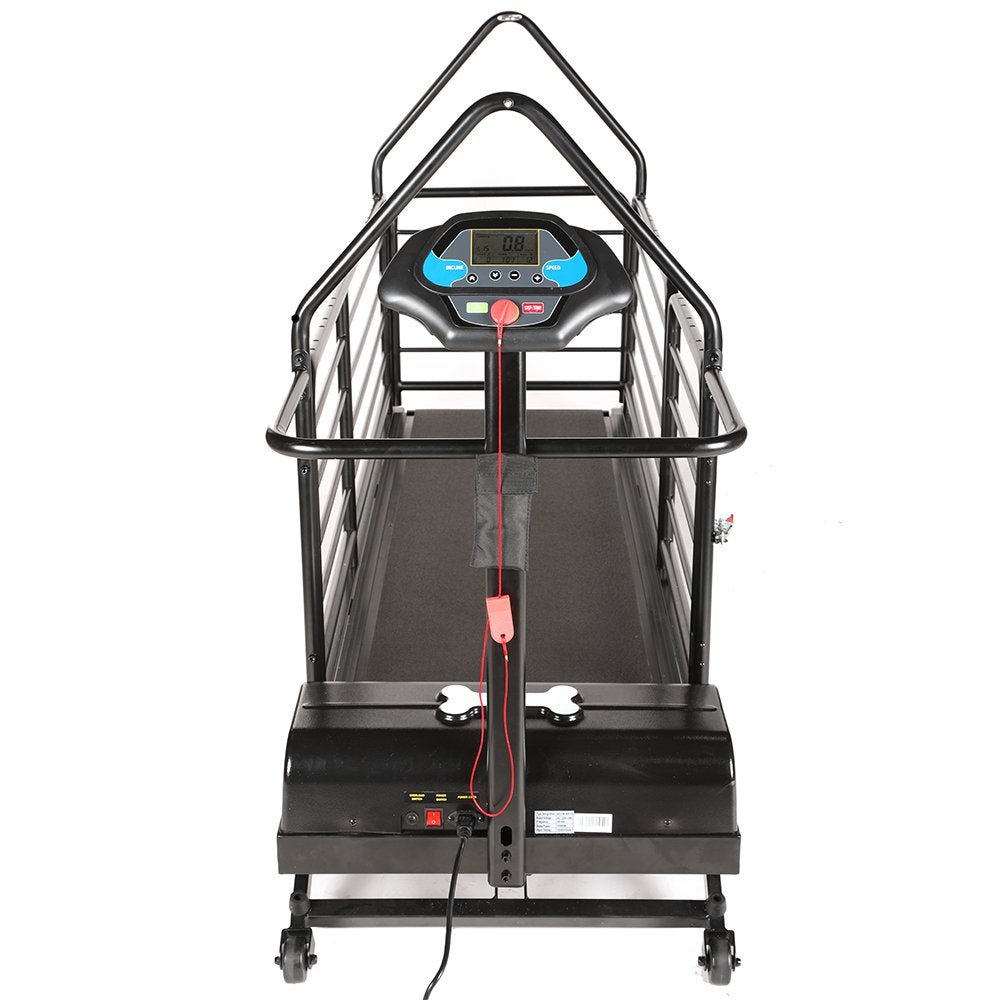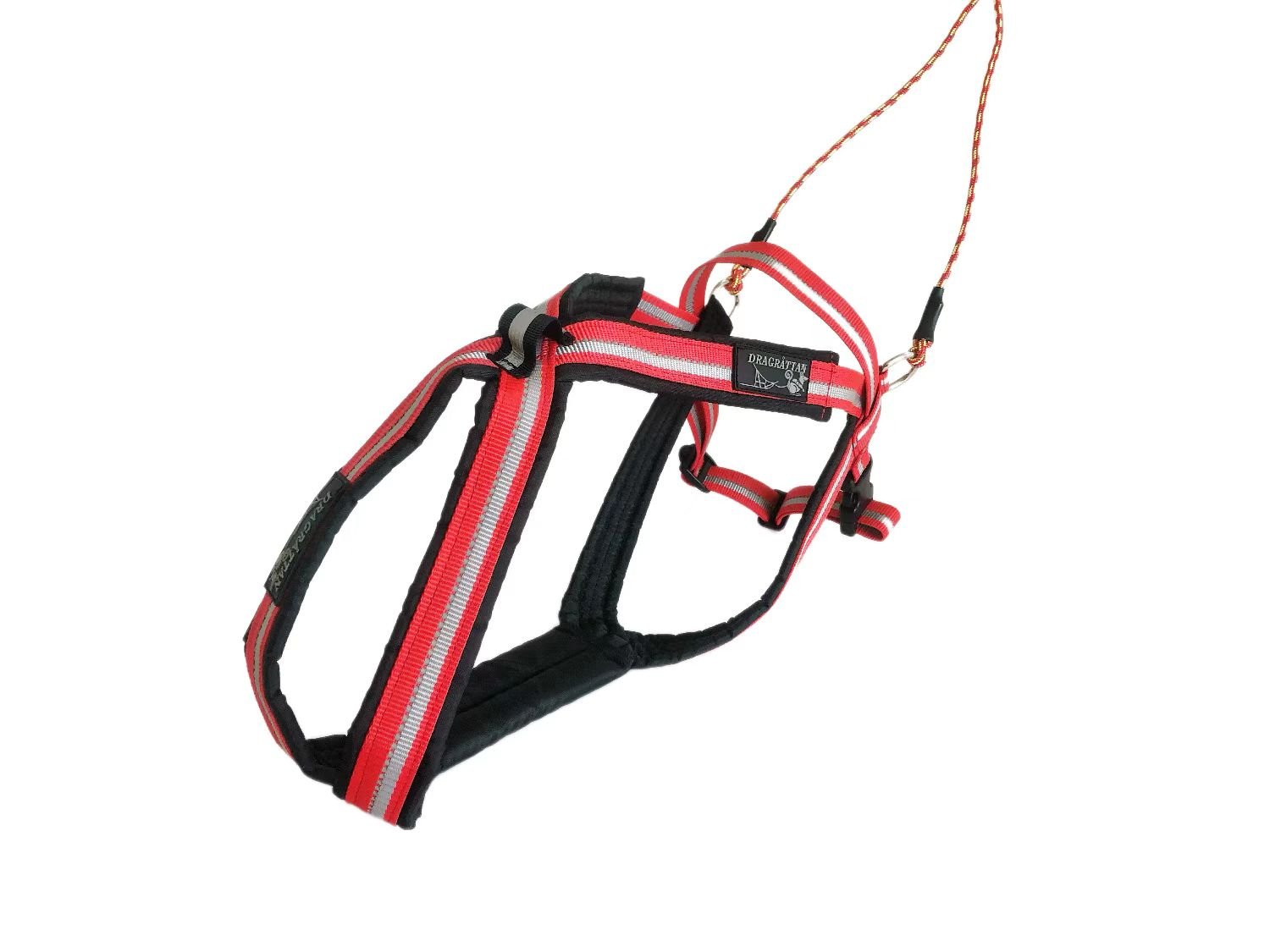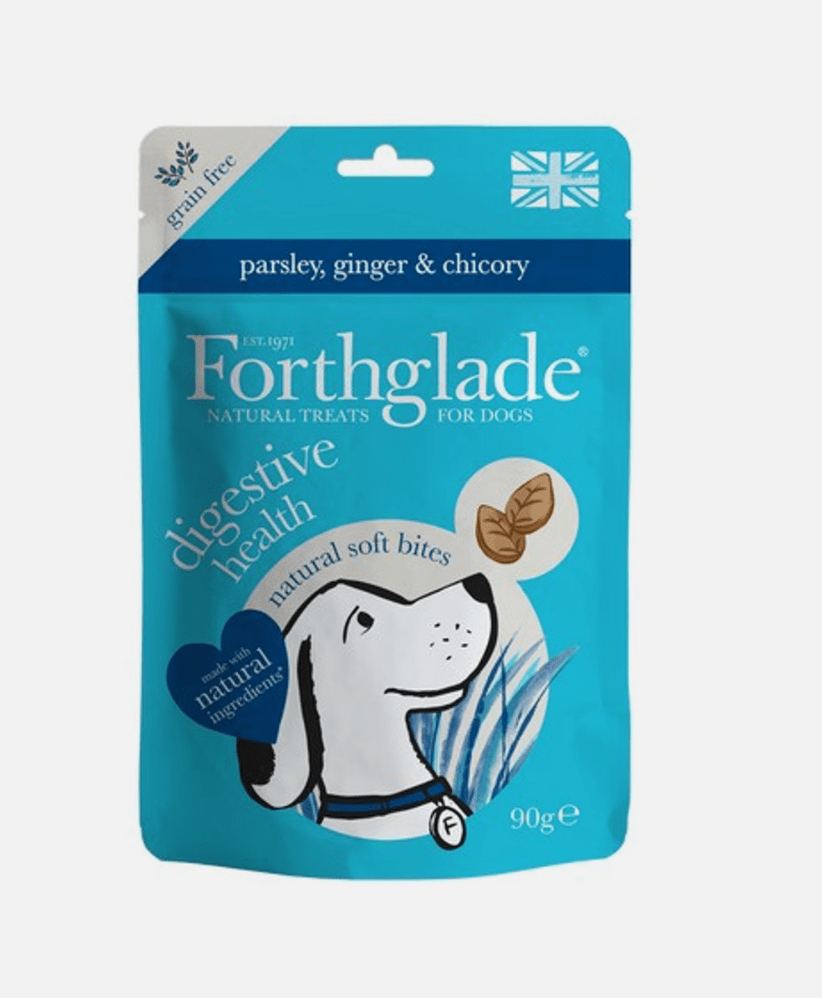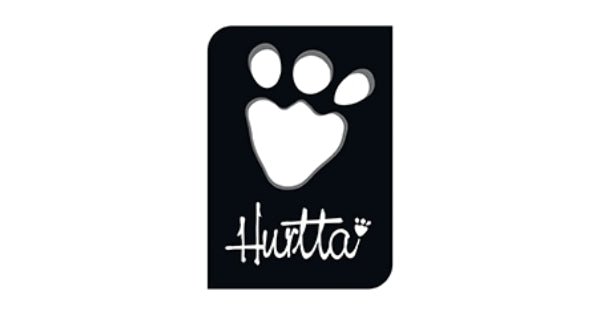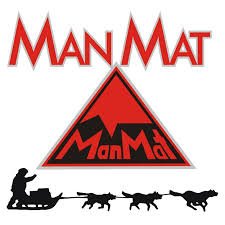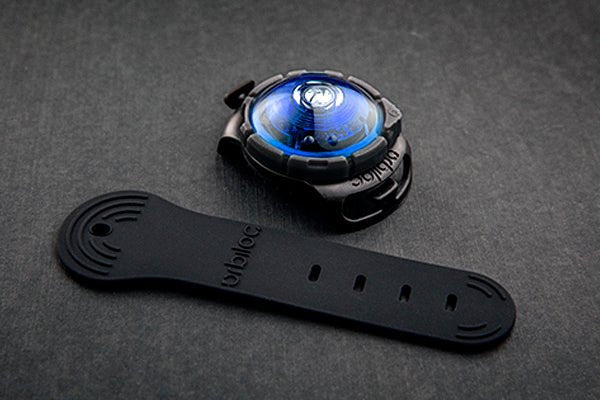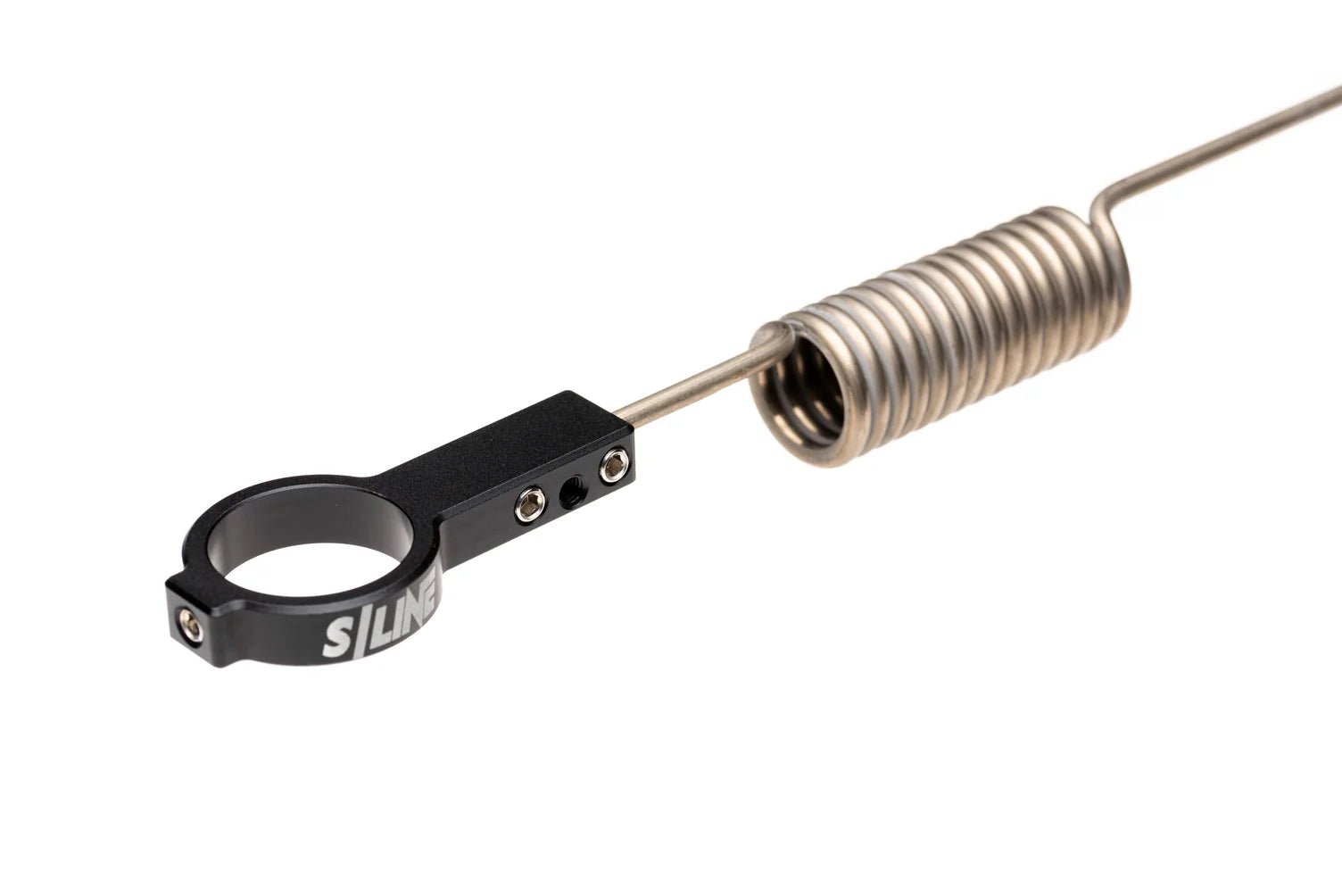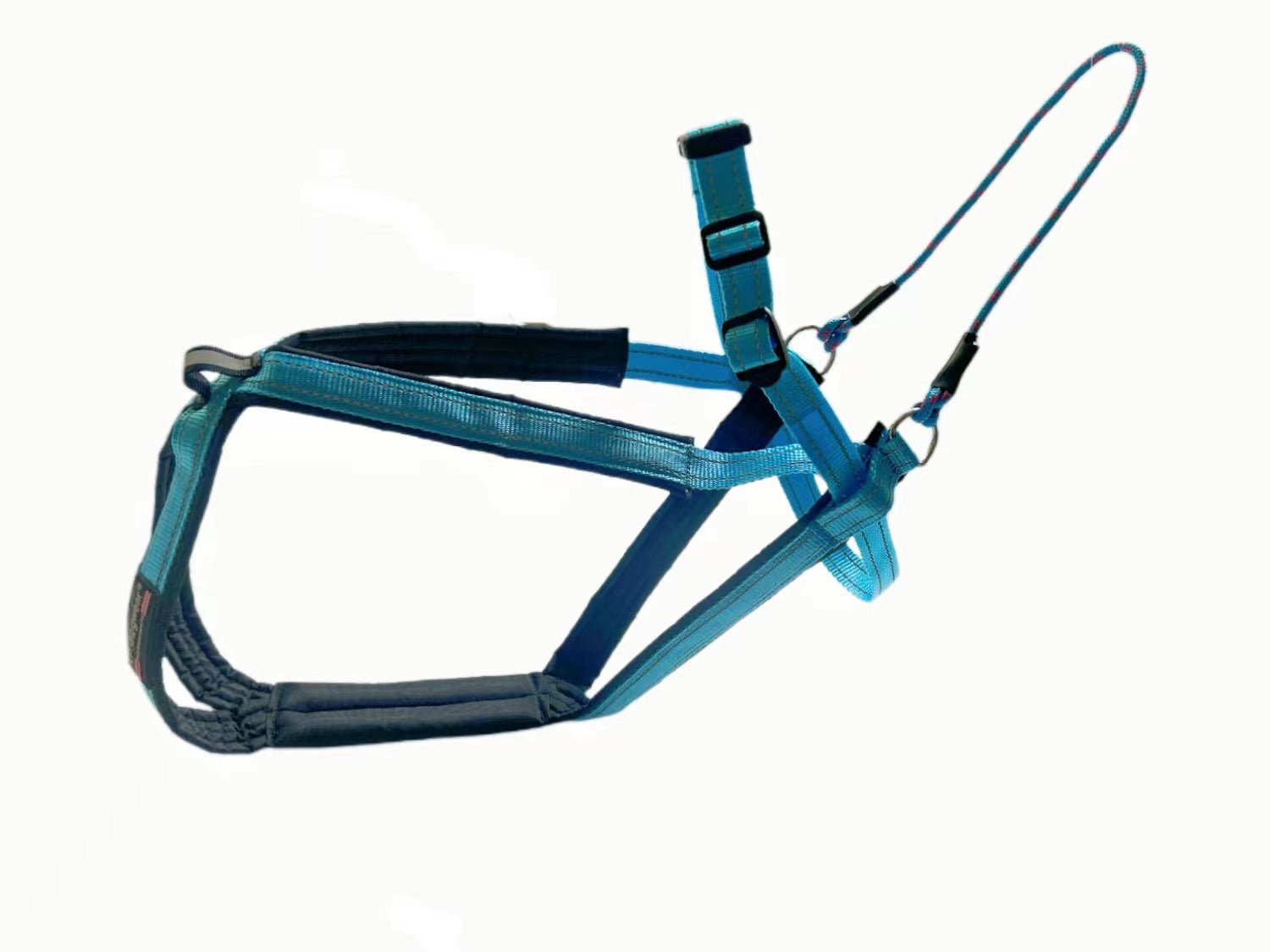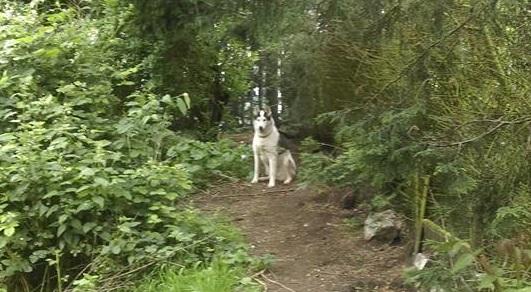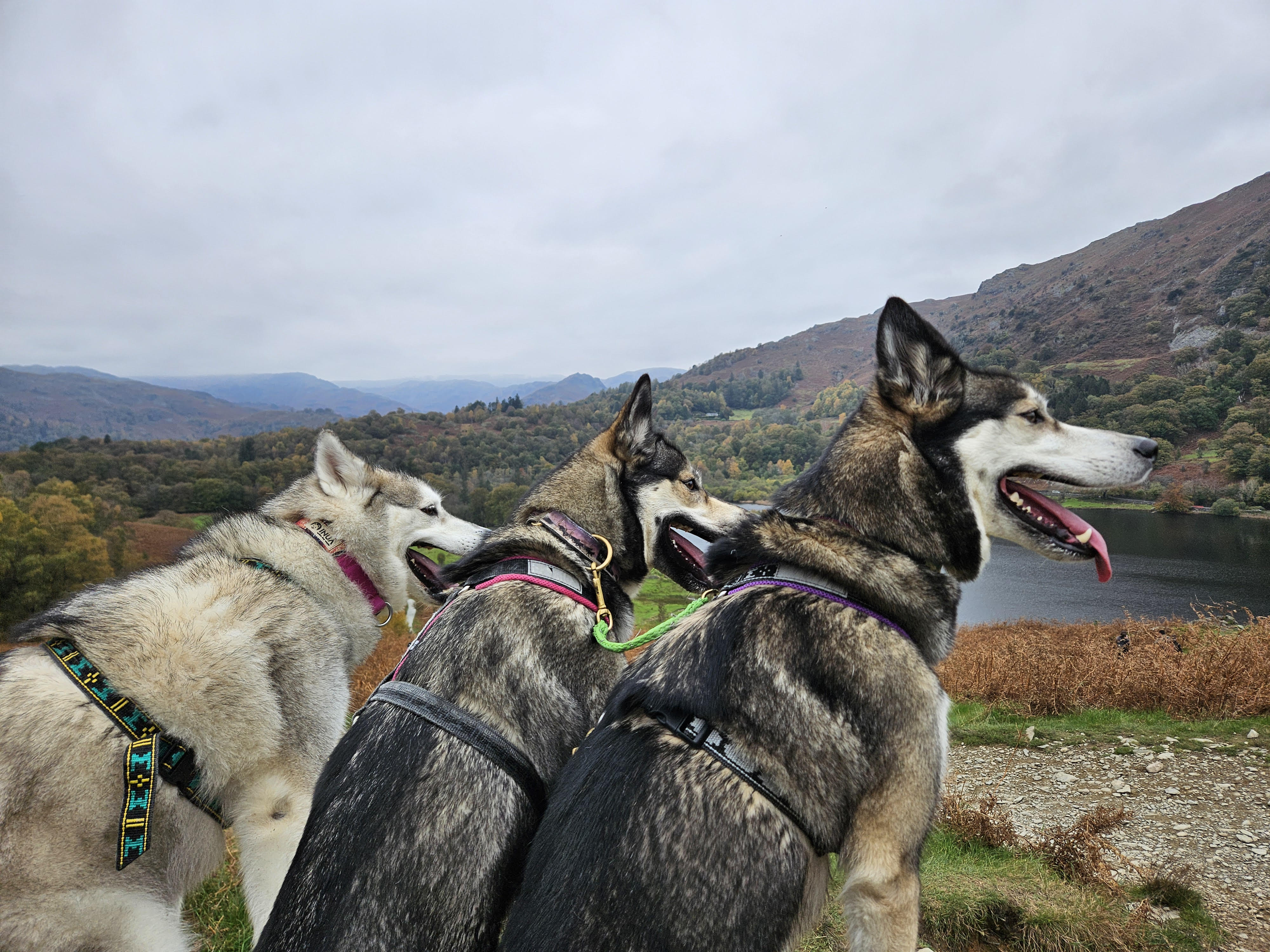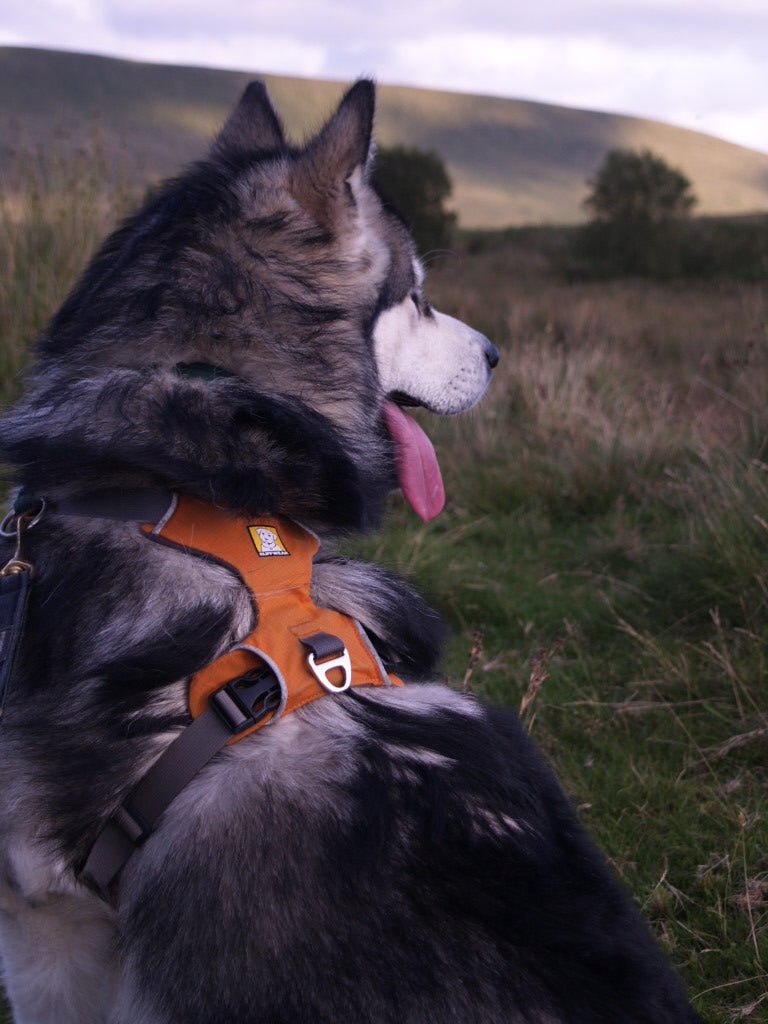Siberians can be a slow maturing breed. “He’ll get better when he’s seven,” many a frustrated owner has been told when their dog has eaten his second internal door or dug through the sofa to find a single piece of kibble he remembers dropping last week.
If he does, enjoy it. The period between seven and ten is probably a nice pinnacle of maturity. It’s when they hit double figures that the fun often starts again.
I have a few older dogs. Some of them have a health issue or two, or they get a bit tired more quickly, or they can no longer get all four feet on the work tops in the kitchen but the retirement village here isn’t a sedate place. Apparently you can create a lot of mayhem with only two feet on the worktops and the retirement village is a place you need to watch yourself.
I’ve talked about dog years before and how they compare to our own years. We might not share a timescale exactly but we do mostly share what happens with the passing of those years. I’m not talking about our ageing bodies betraying the teenager within. That sucks and it’s not funny. What I mean is we both get difficult, hilarious, independent and cranky. The age of 11 upwards in dogs (or Siberians at least) equates to whatever age you are in your personal human development when you decide not to take any more crap from anyone, when you’re lucky if you reliably brush your hair let alone high-def your eyebrows or contour your cheekbones.
My older dogs are glorious in their naughtiness. Beany, who will be 13 next month, has reached the level of caring about what I think of the average cat. Over the years, she has perfected the hard stare in response to criticism, expressions of pain or me yelling “I can’t believe you just did that.” She walks around the house accompanied (in my head, I have to confess) by music from Snoop Dogg; knocking things off the kitchen counter, nudging the hand holding the soup spoon at just the right moment and dragging her adamantium nails down the backs of my legs if she wants attention. Beany has always been an expert with the bitch slap, these days she doesn’t even wait until you’re awake. If she wants to get up, we all get up; mostly because she simply walks backwards and forwards over my body until I’ve had enough and move.

Daisy is another one in double figures who has been sworn at more since she hit the age of 11 than as a (frankly beautifully behaved) puppy. She now dictates how long she will have free running in the garden. In fact, she only free runs when you want her to come indoors because you’re tired, want to go the loo or Game of Thrones is about to start. Then she’ll fly around like a yearling, doing special little flourishes on each corner.
Most of my dogs enjoy a night on the bed and allegedly we run a rota system. As Brew believes the monsters under the bed (it’s a futon, sweetheart) will get me if he isn’t there to share my pillow, he tends to be a permanent fixture. Daisy has suddenly sussed the corruptness of my rota out and now kicks up a fuss when she is left downstairs. This ranges from clicking around on the laminate floor to faint (but not faint enough) wailing or banging doors. I realised the other night she can keep this up for as long as I’m prepared to keep fighting. Guess who’s fast becoming another permanent guest on the bed.
Mojo, the oldest, crankiest and creakiest of them all caught a bird the other night. Not only did she catch a bird but fended off all challengers (including me) to keep her prize until she remembered she doesn’t eat them and tossed it onto the kitchen floor with a look of mild disgust – “you thought I was going to eat THAT?”
Thing is, you can’t tough it out with a dog who is getting on in years because you love them so much and want every moment to be special. I suspect they know this very well. Age makes them Monarchs. Long may they, and their naughtiness, reign.
Mel Hannam will be writing a regular blog for SnowPaw Store over the coming months. Mel has a small kennel of Siberian Huskies, Mystic Charoite Racing, and races dry land throughout the winter with most of the UK organisations.

